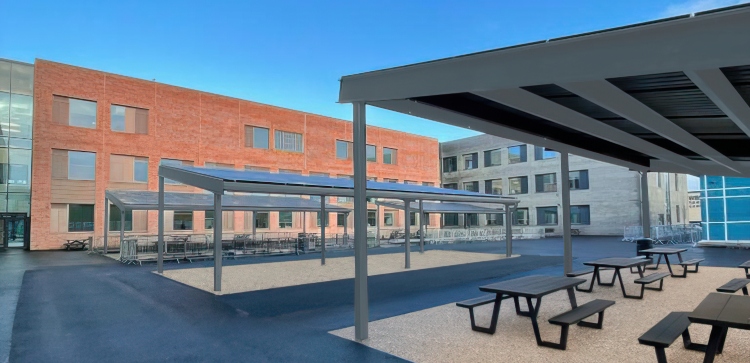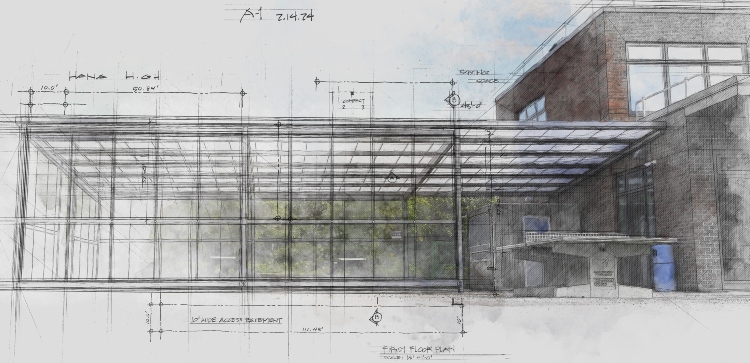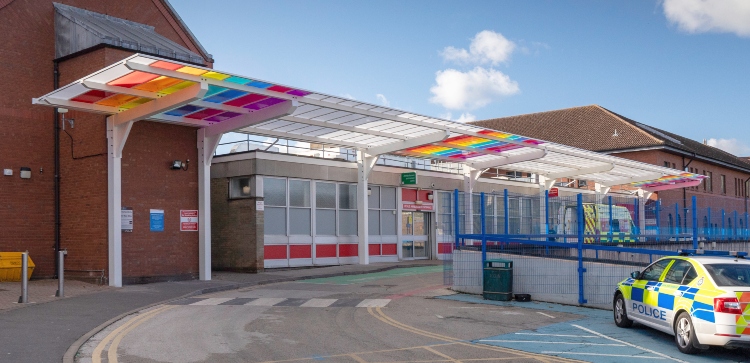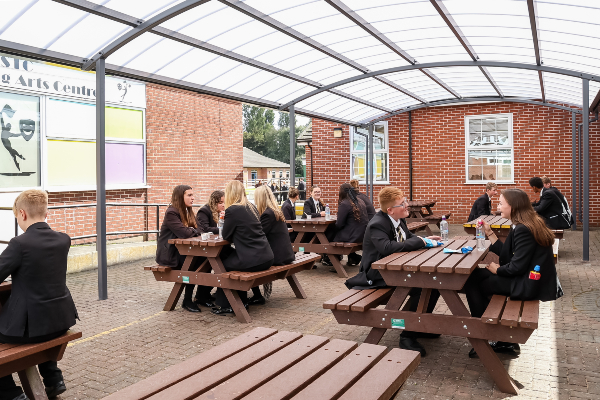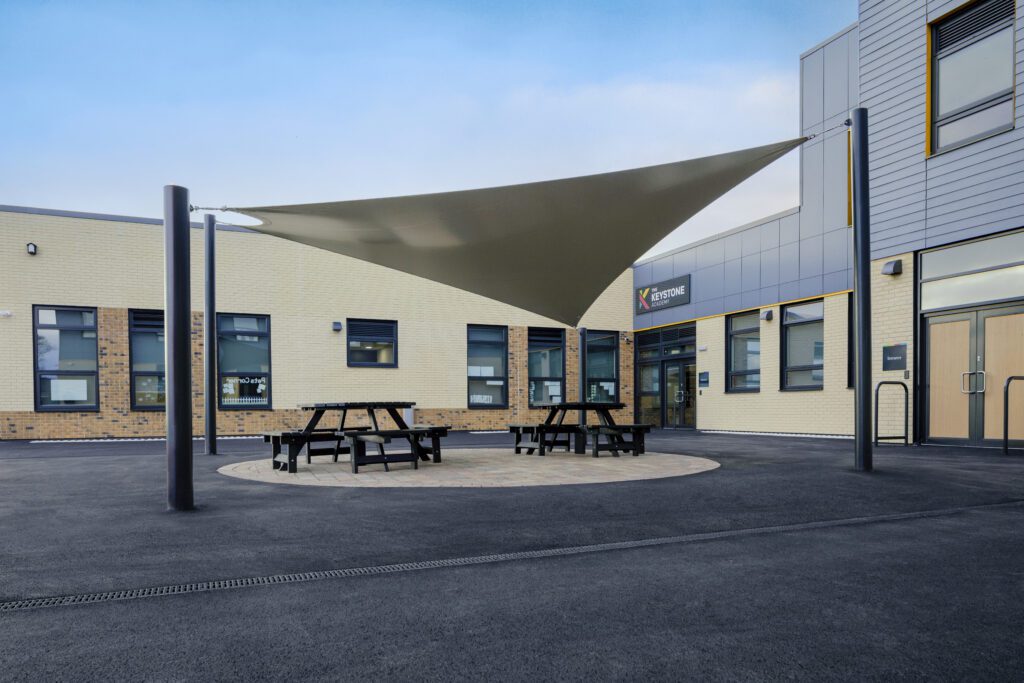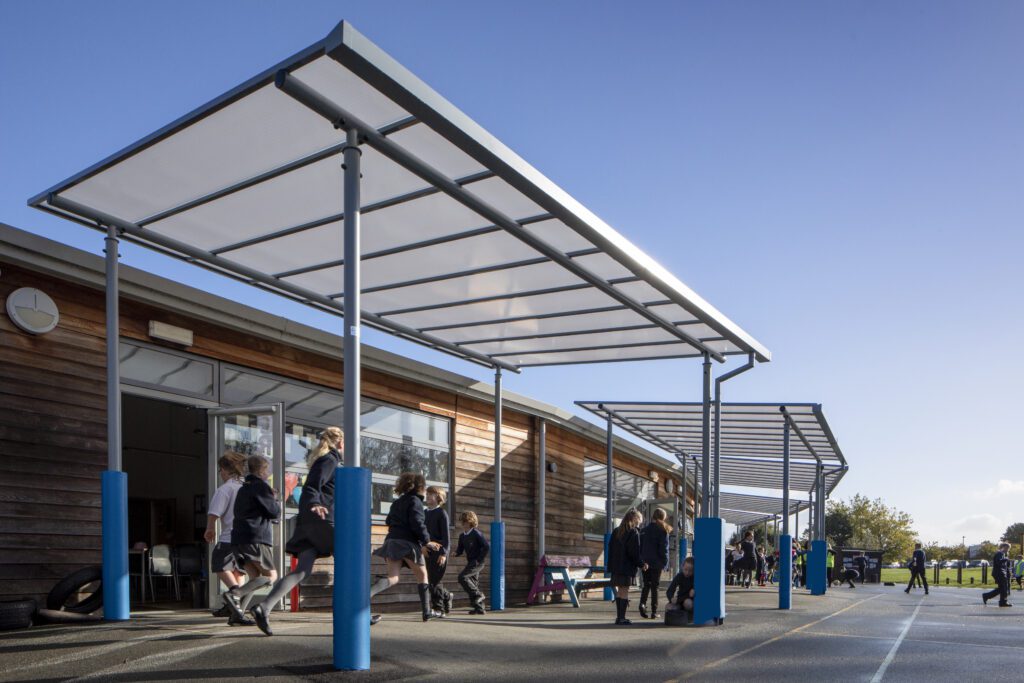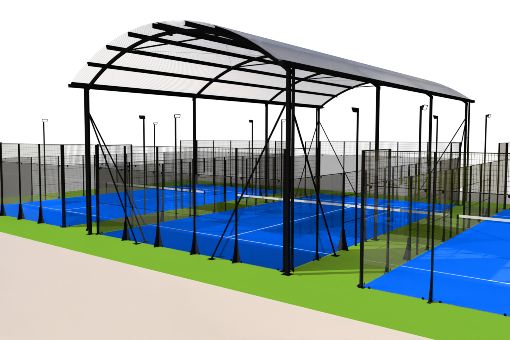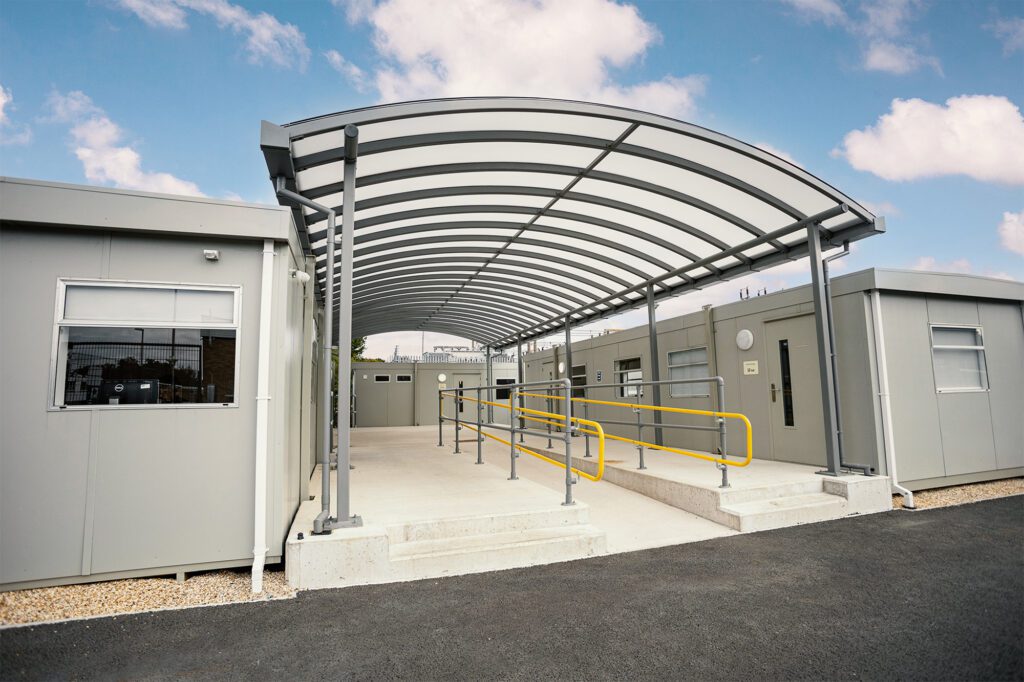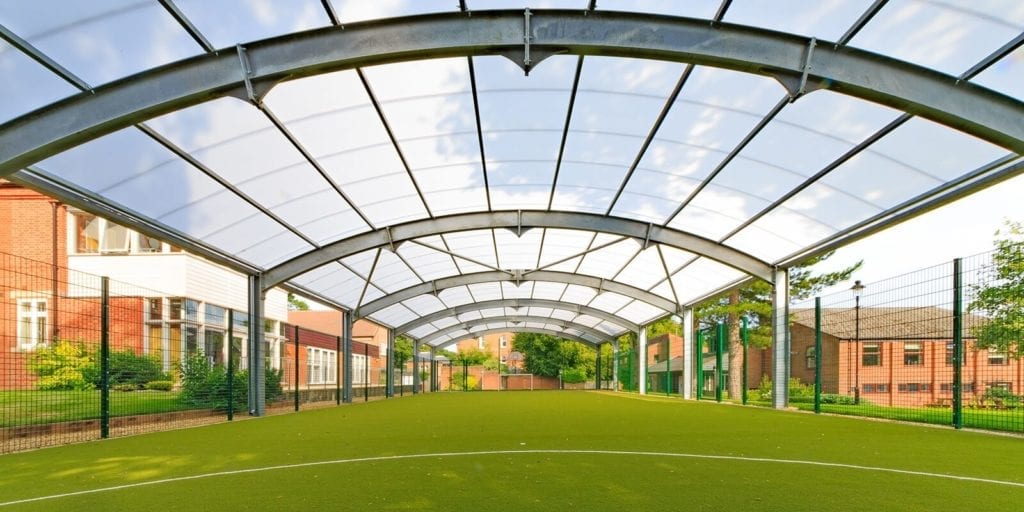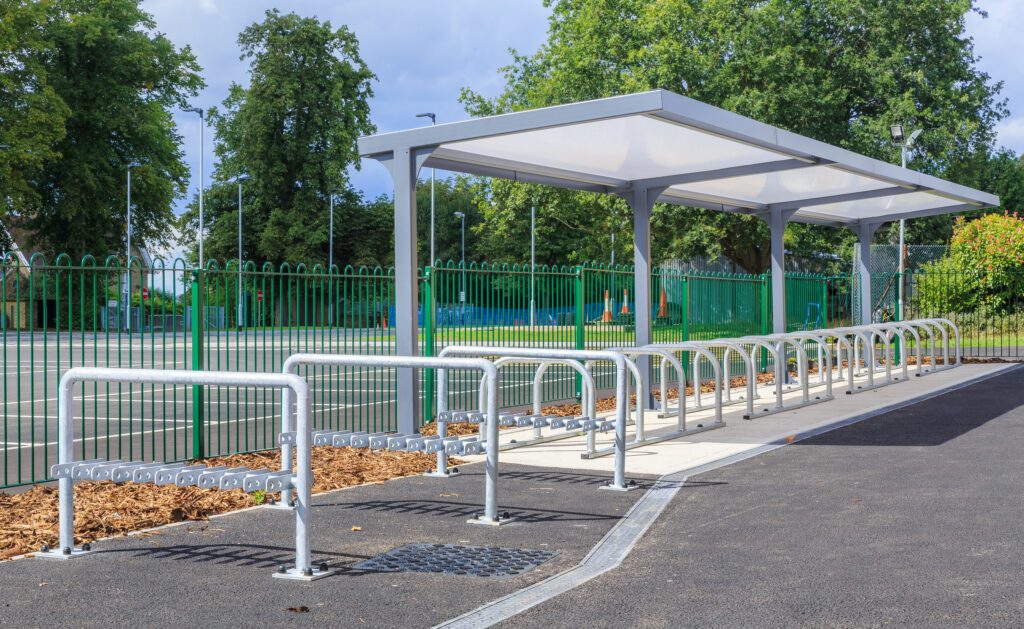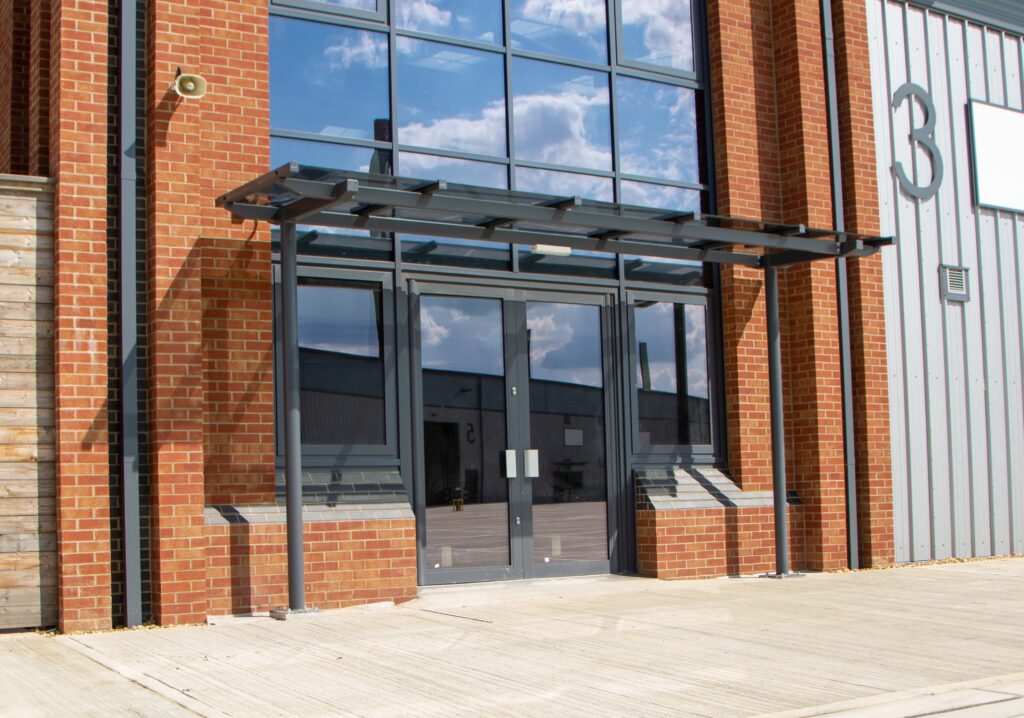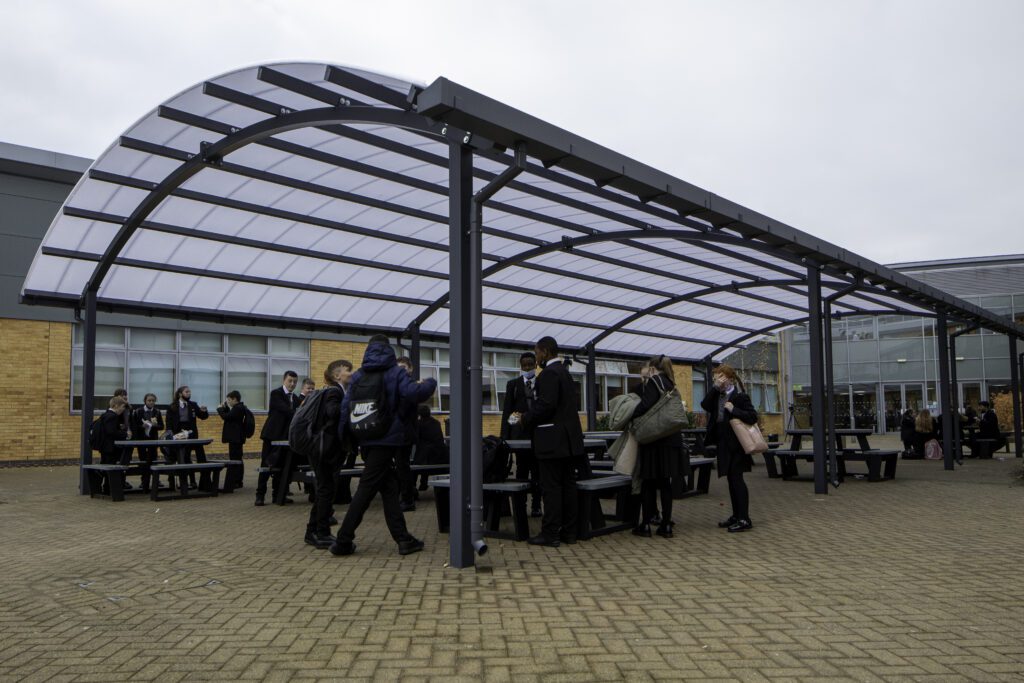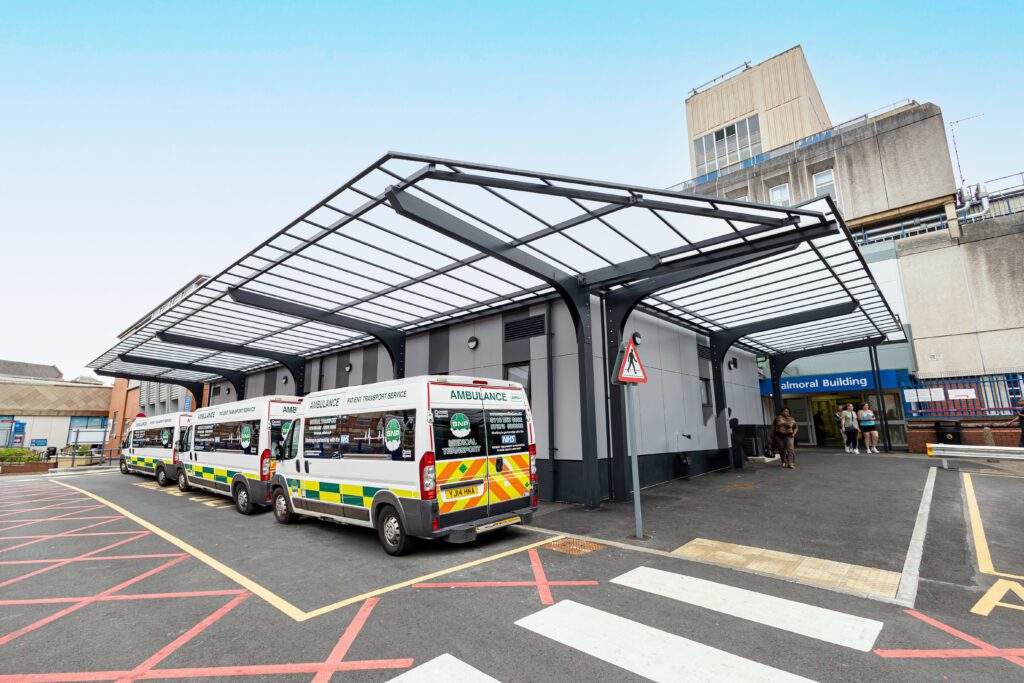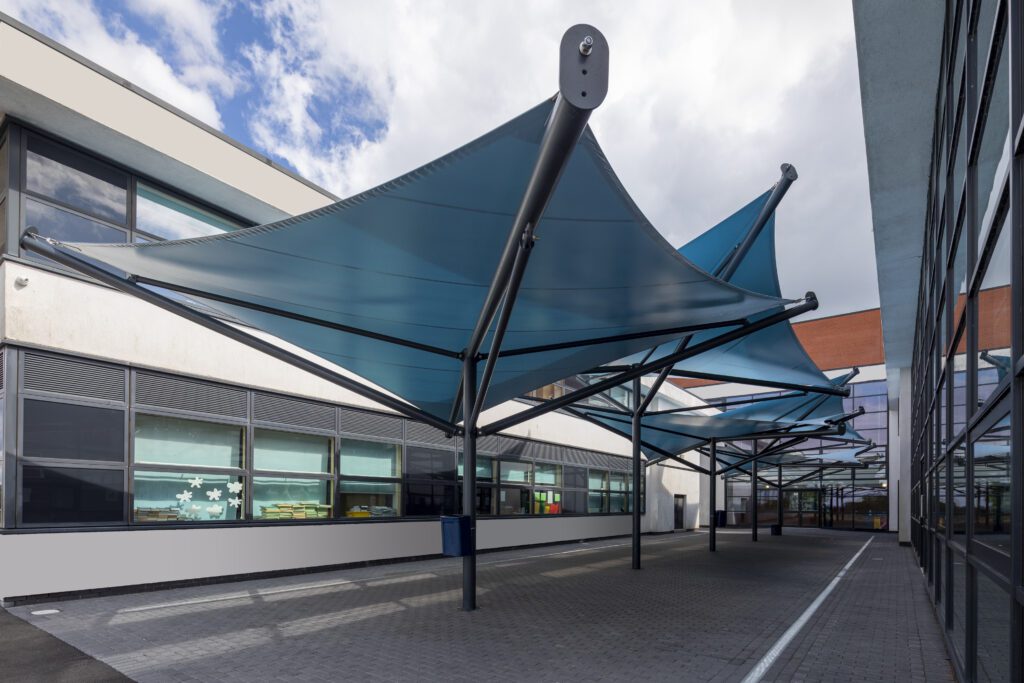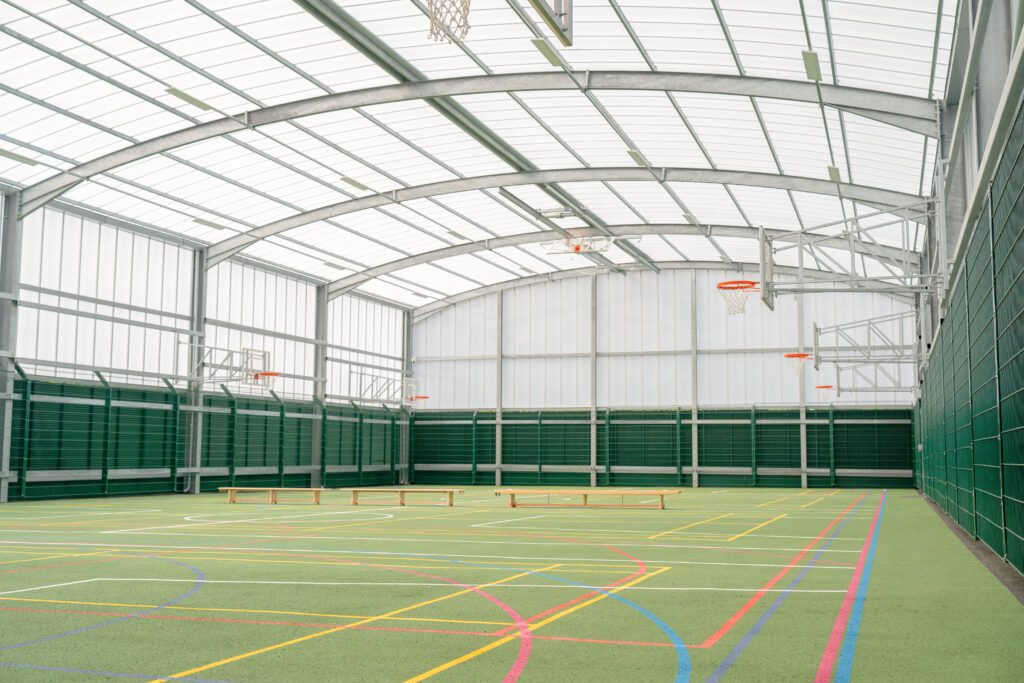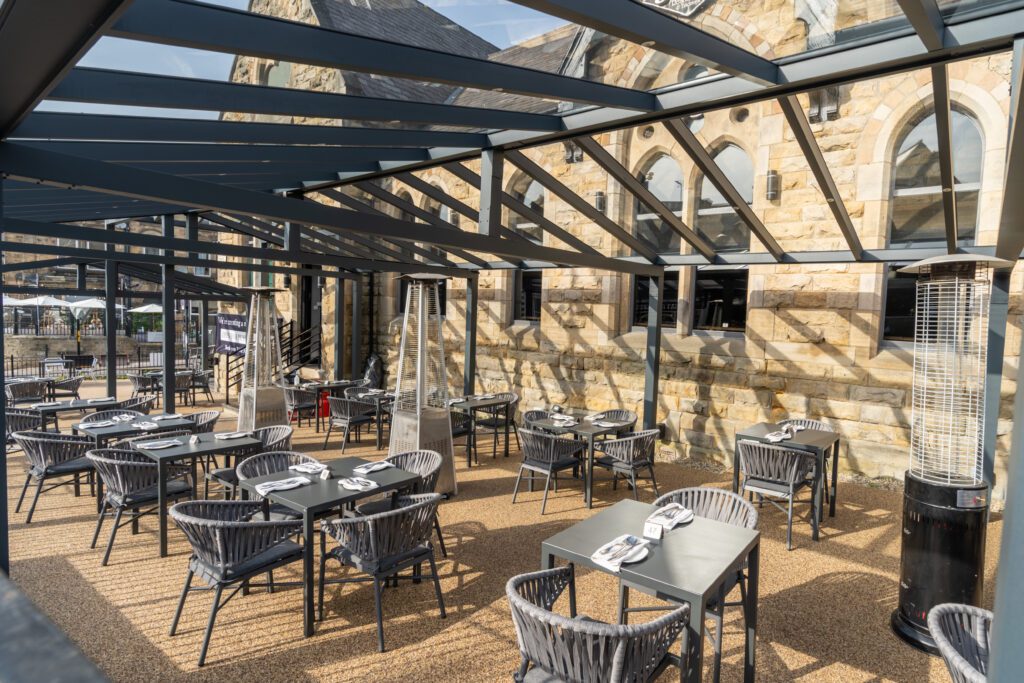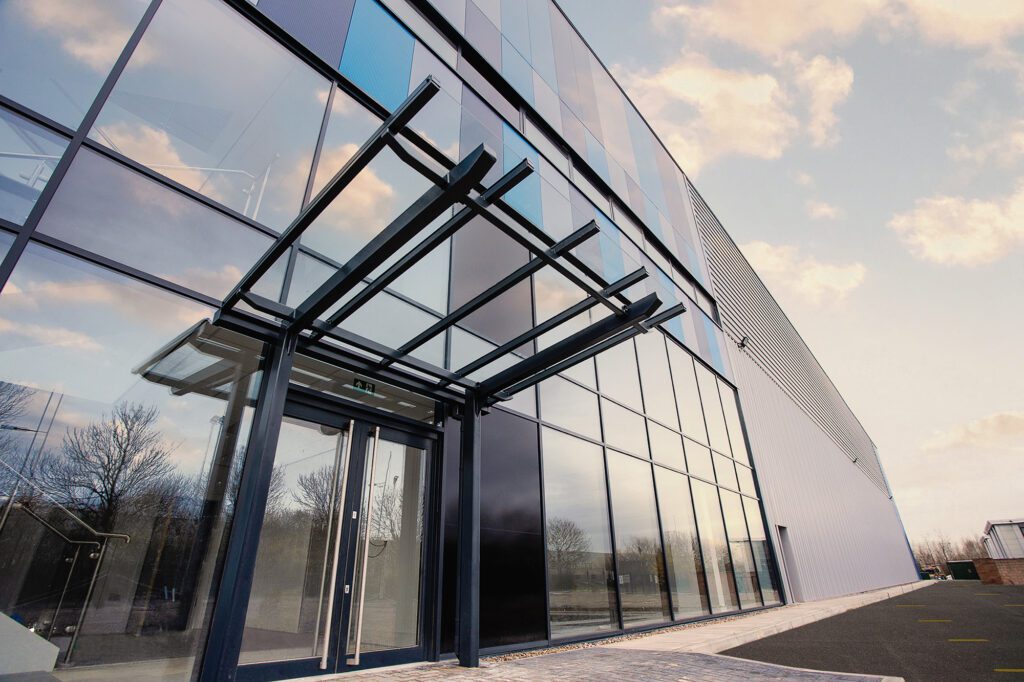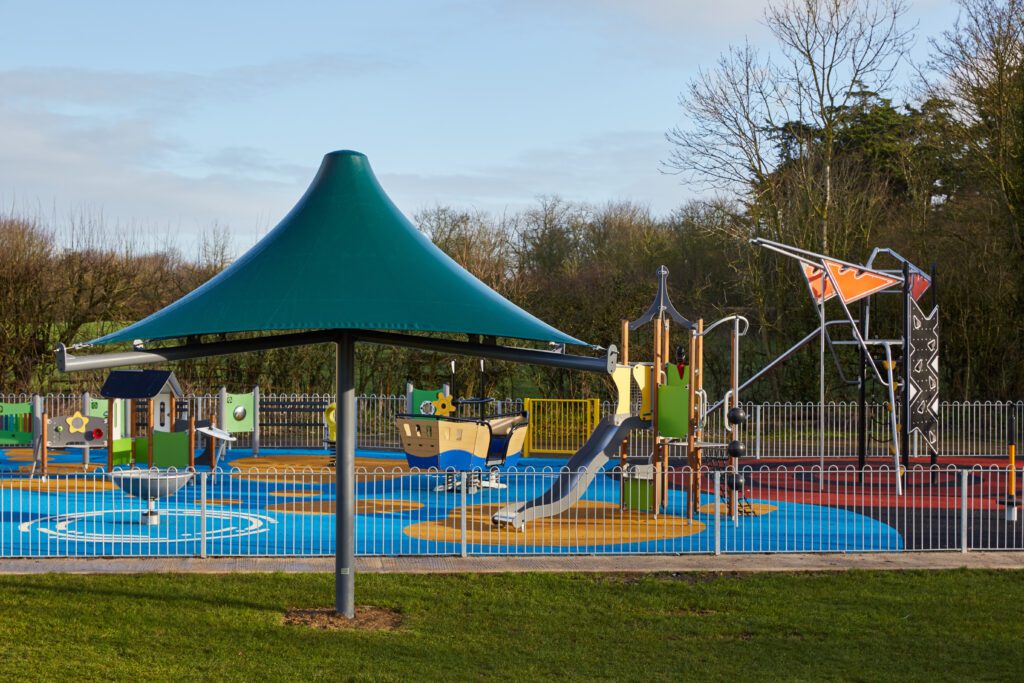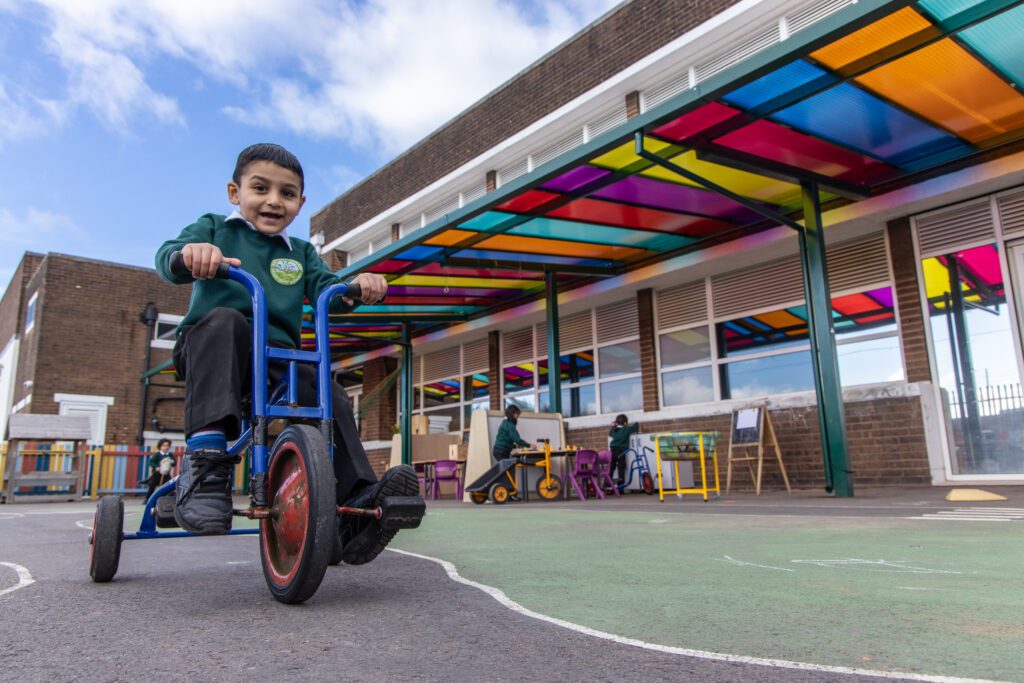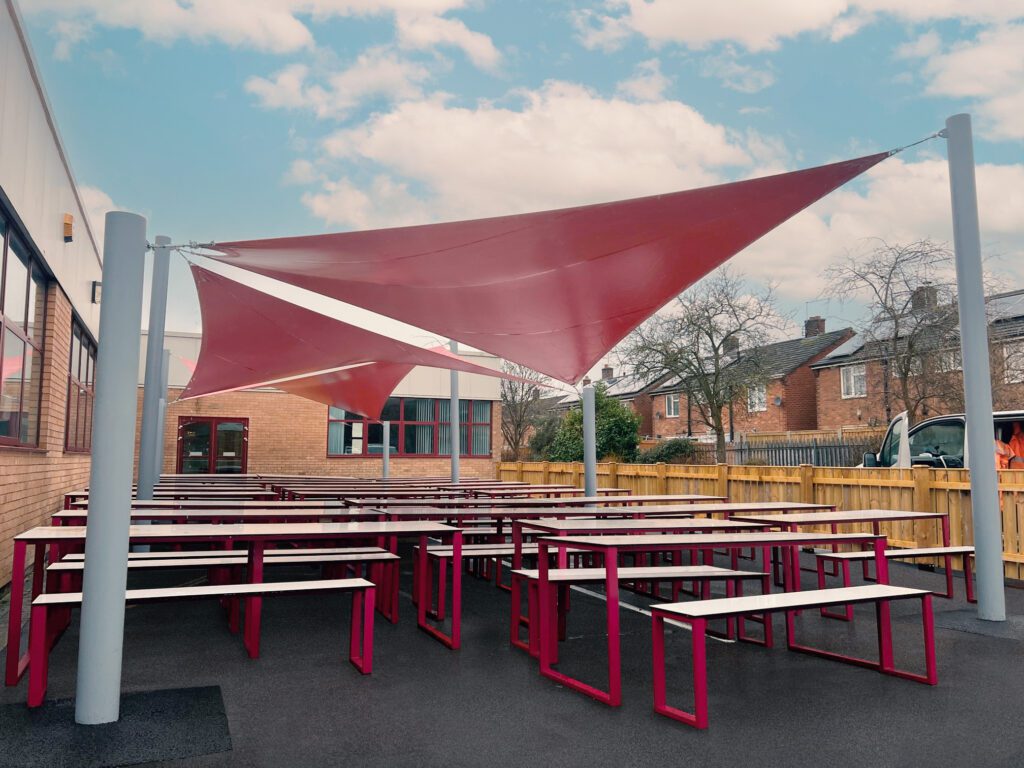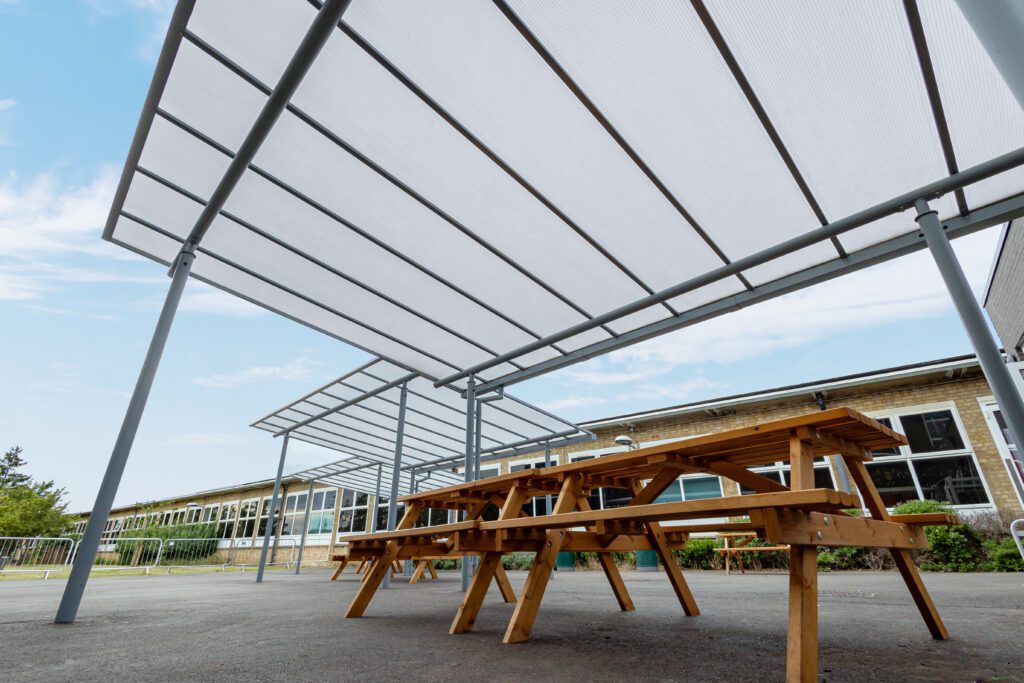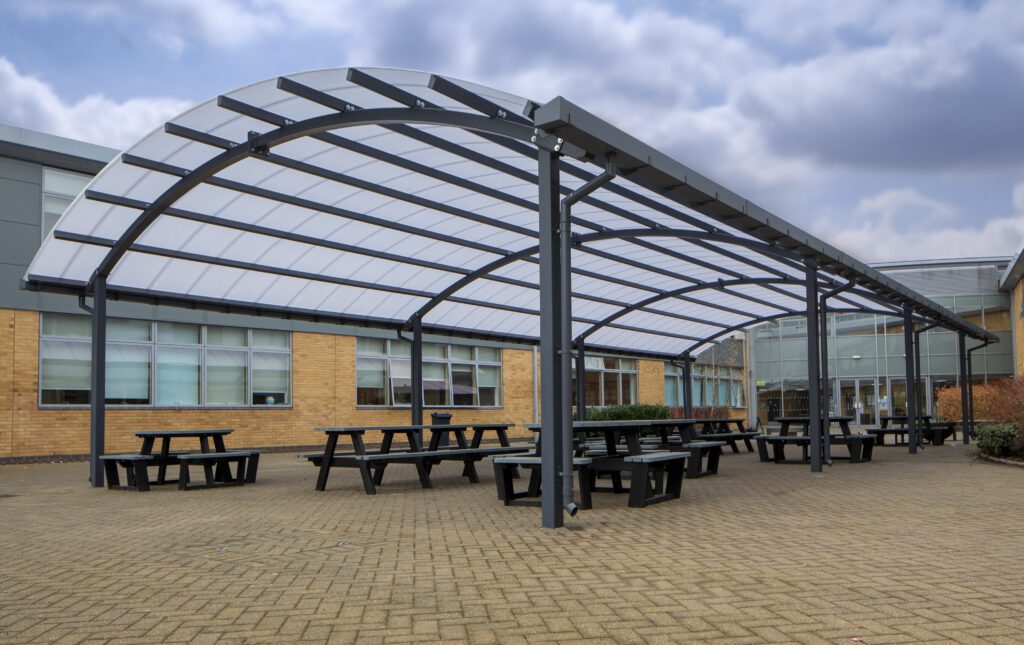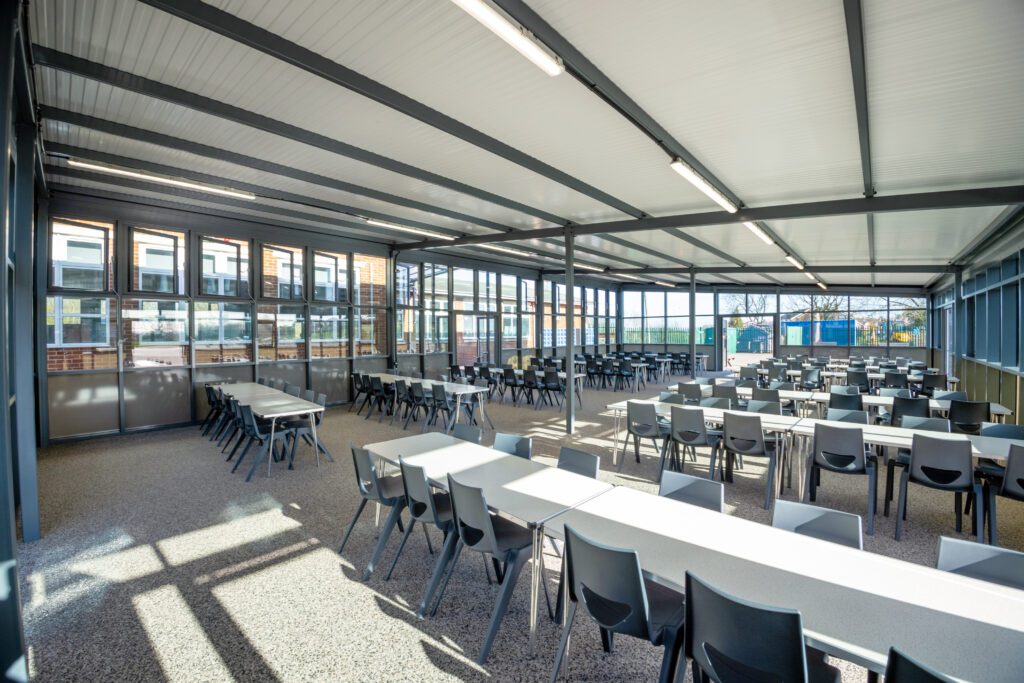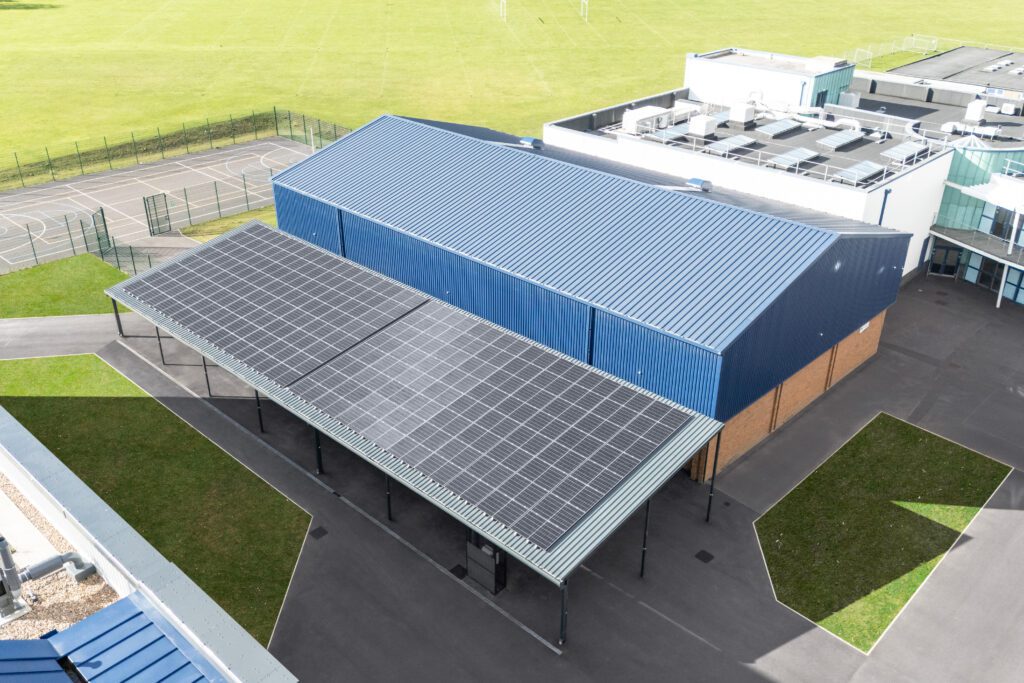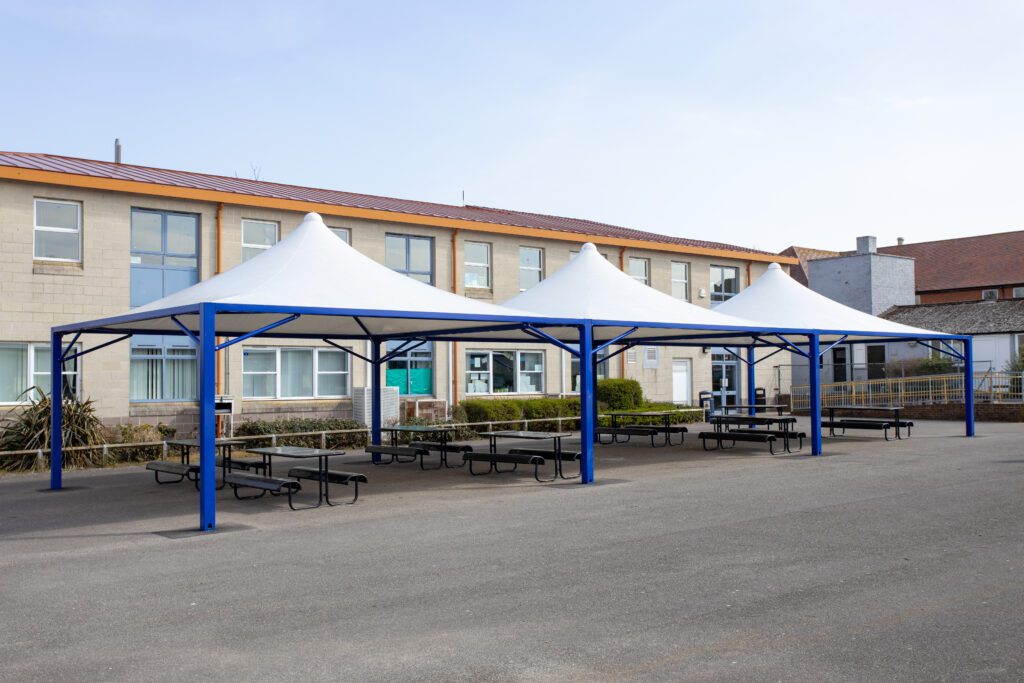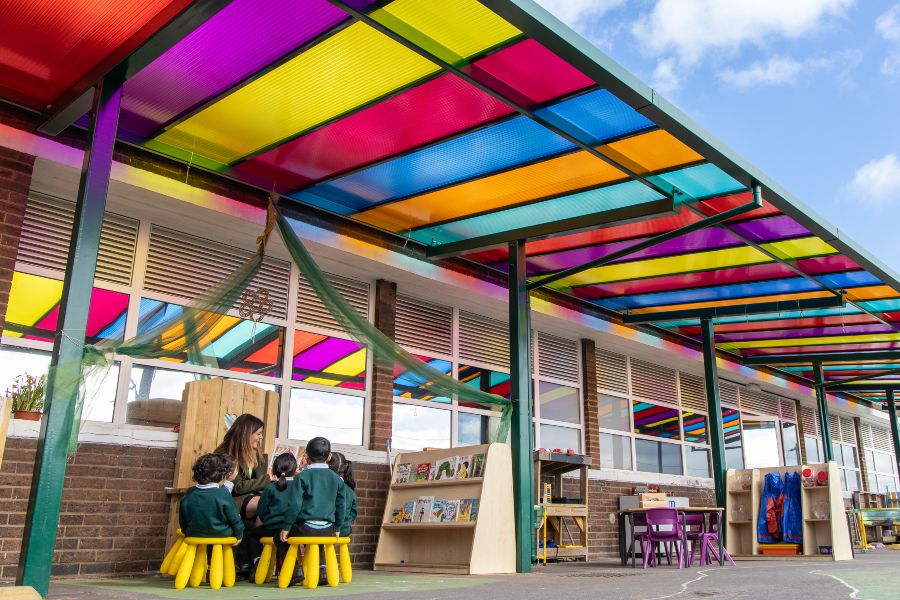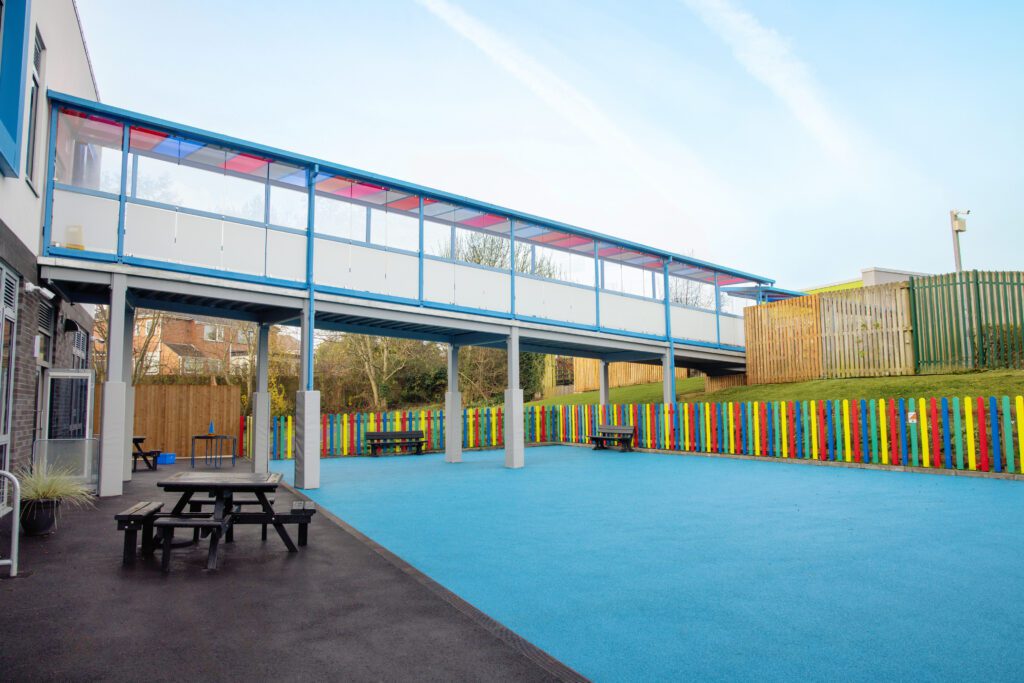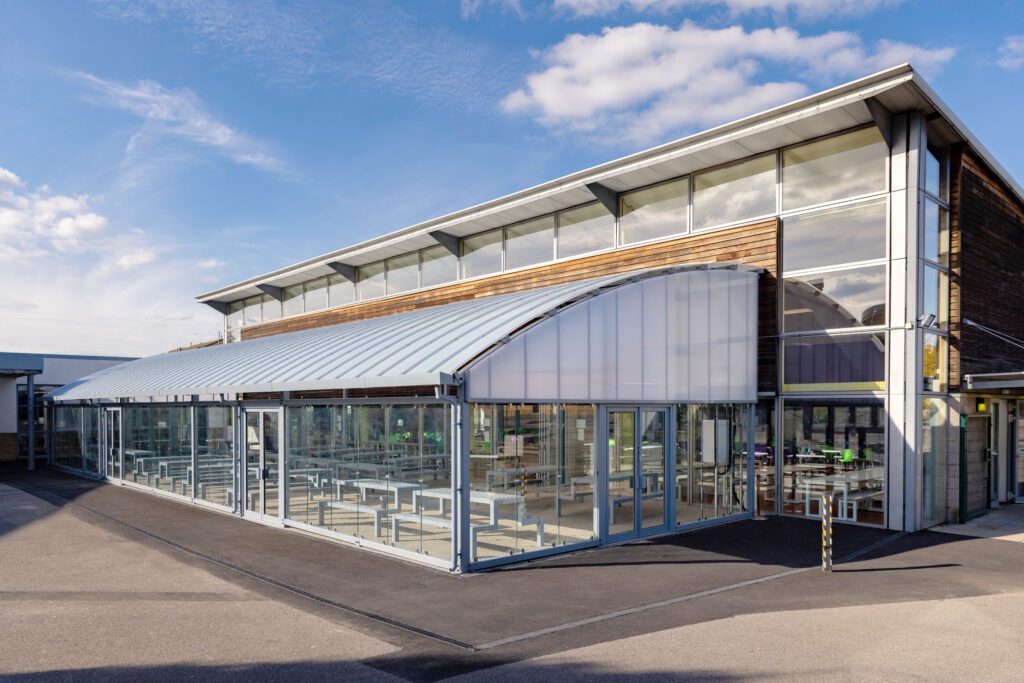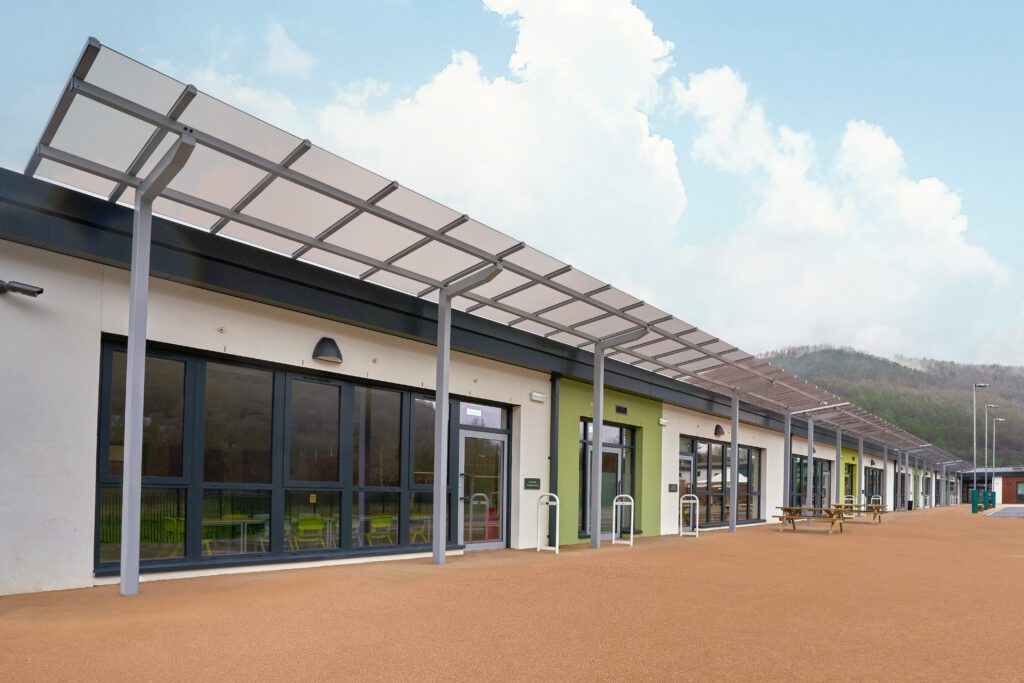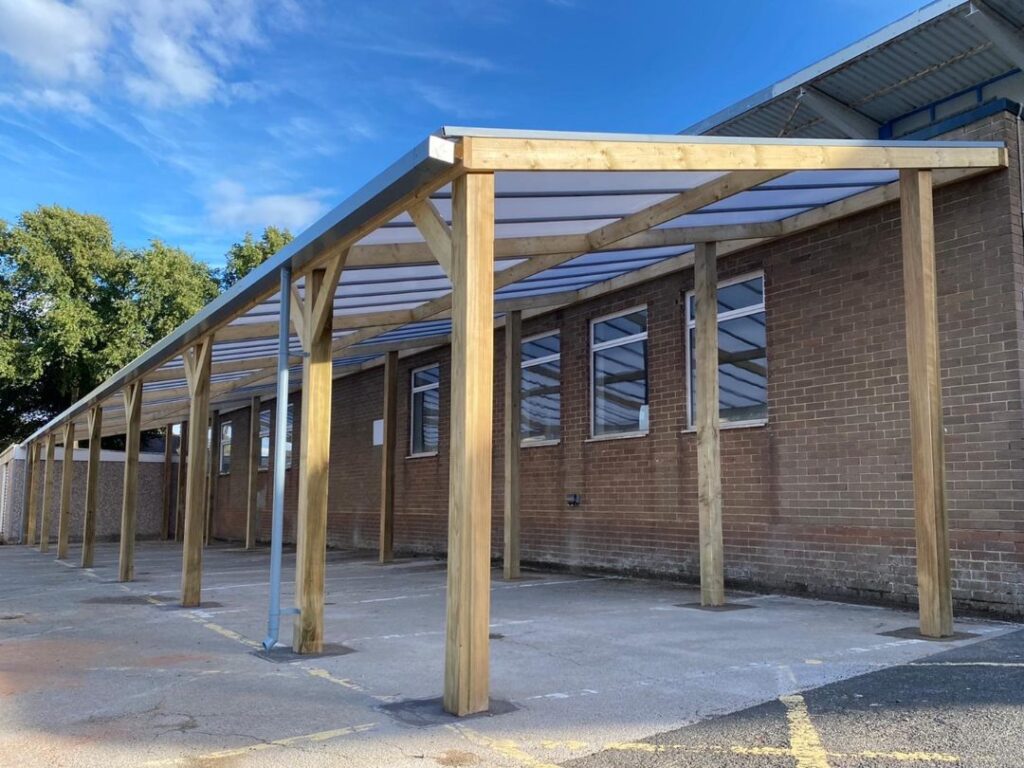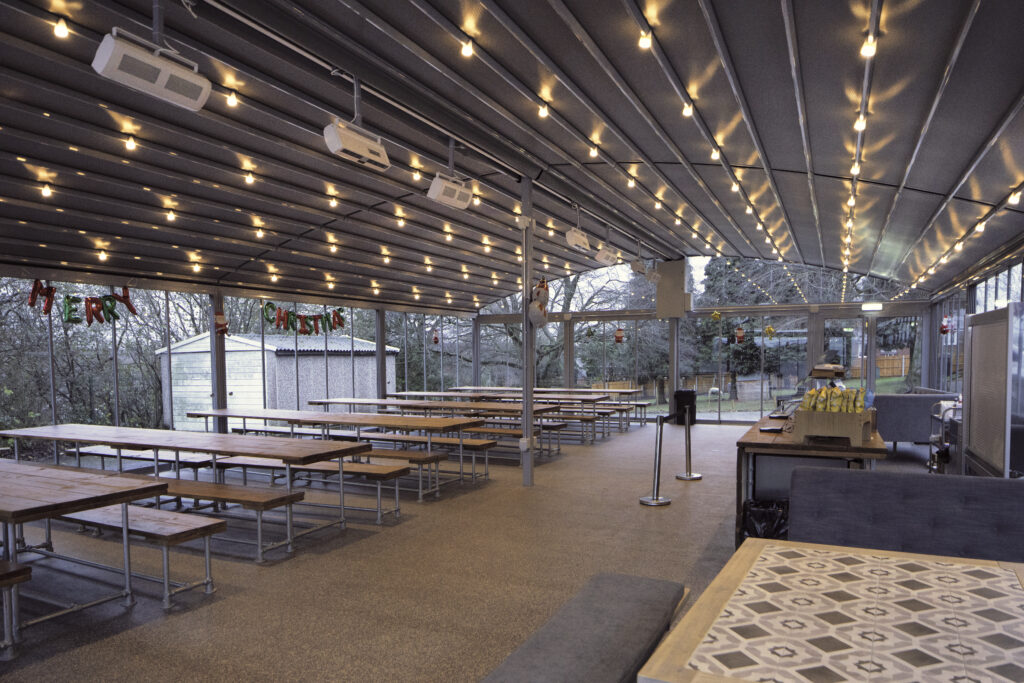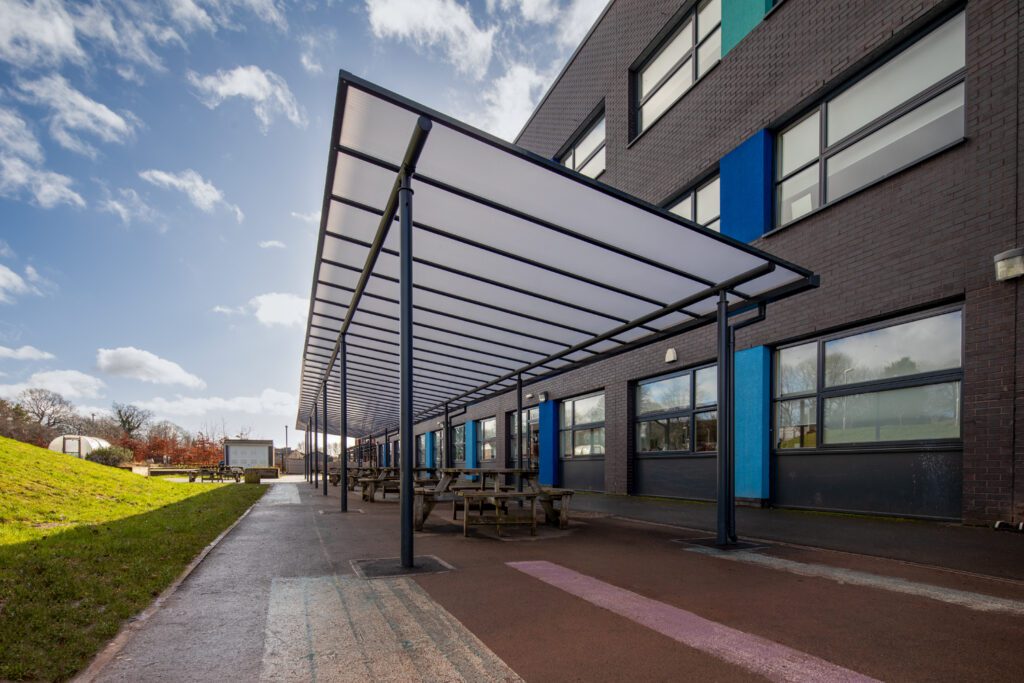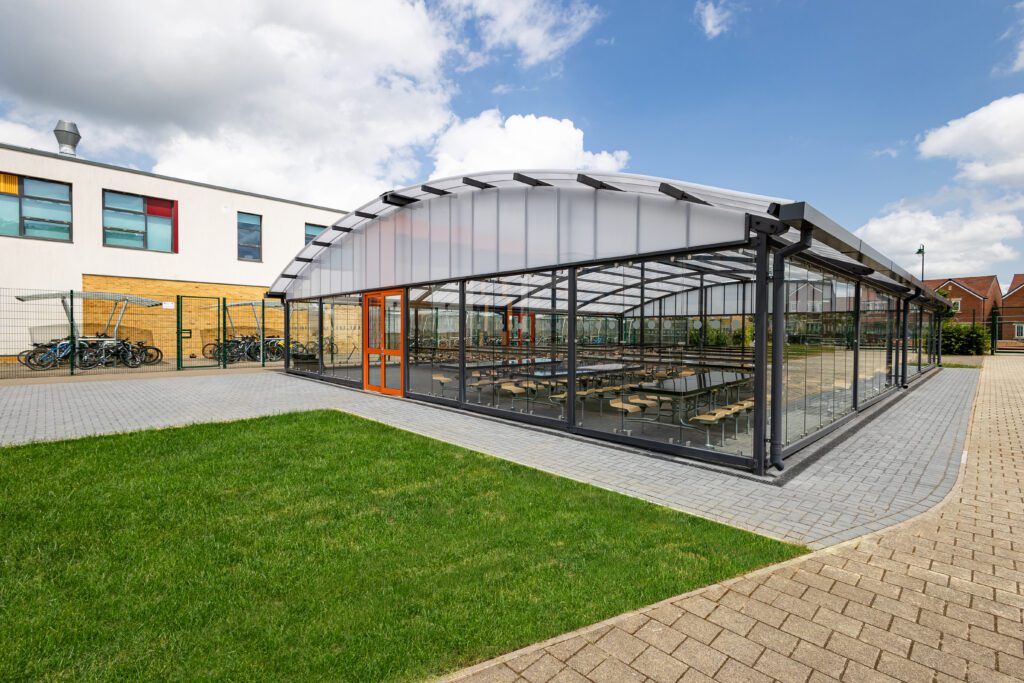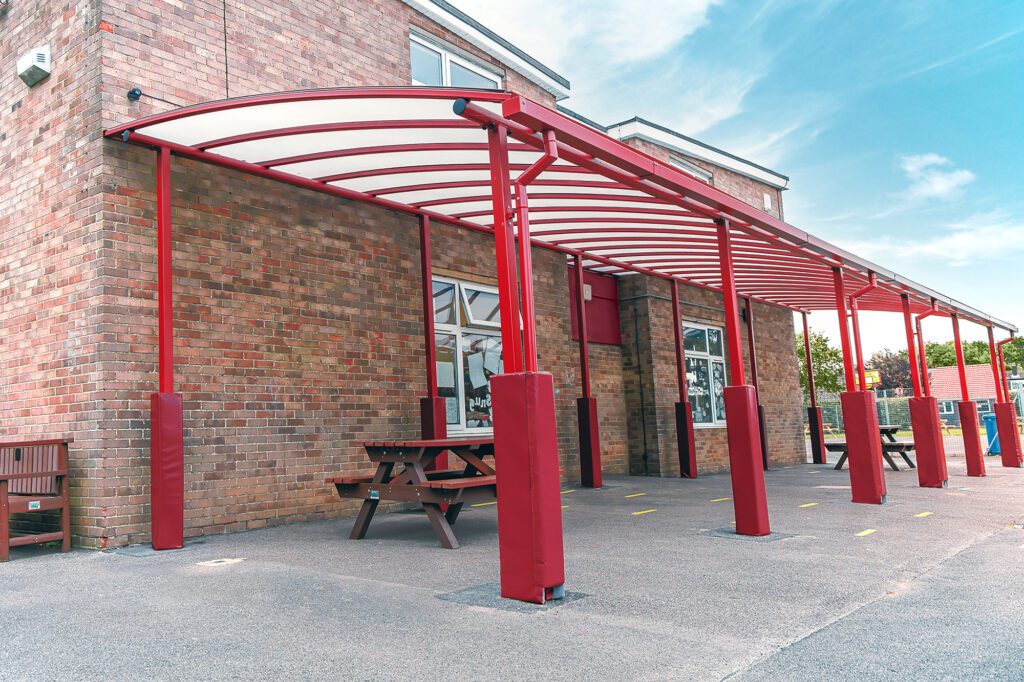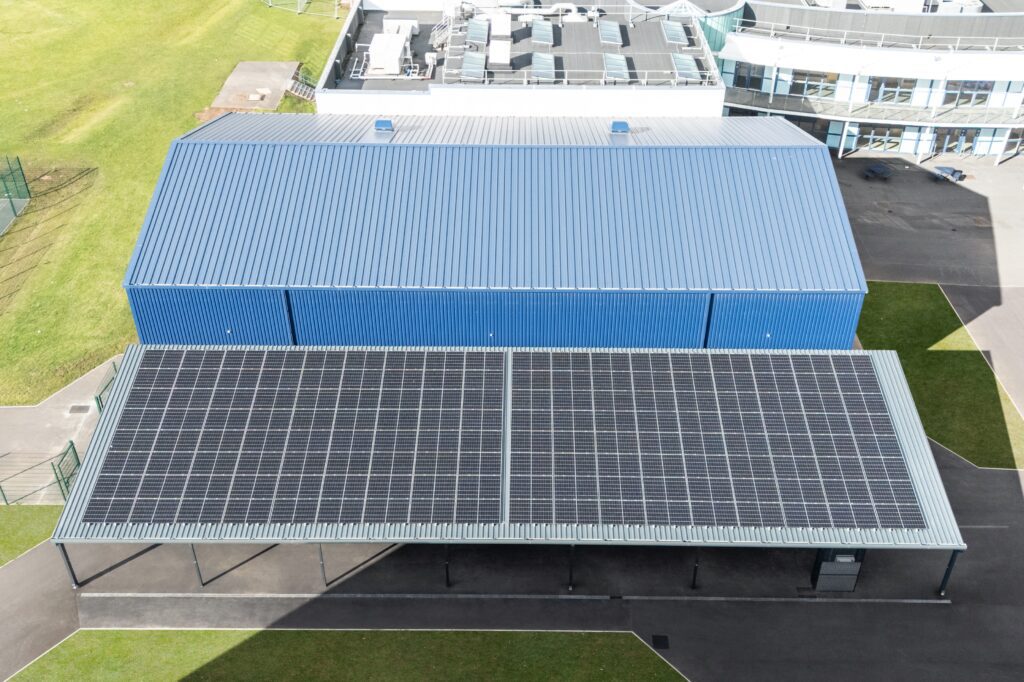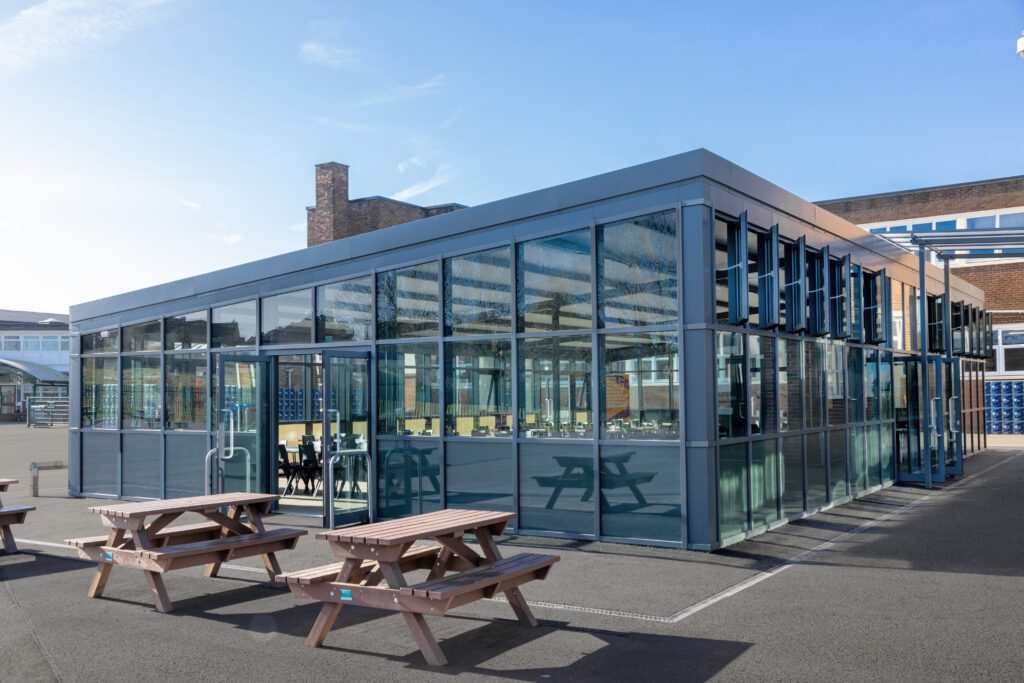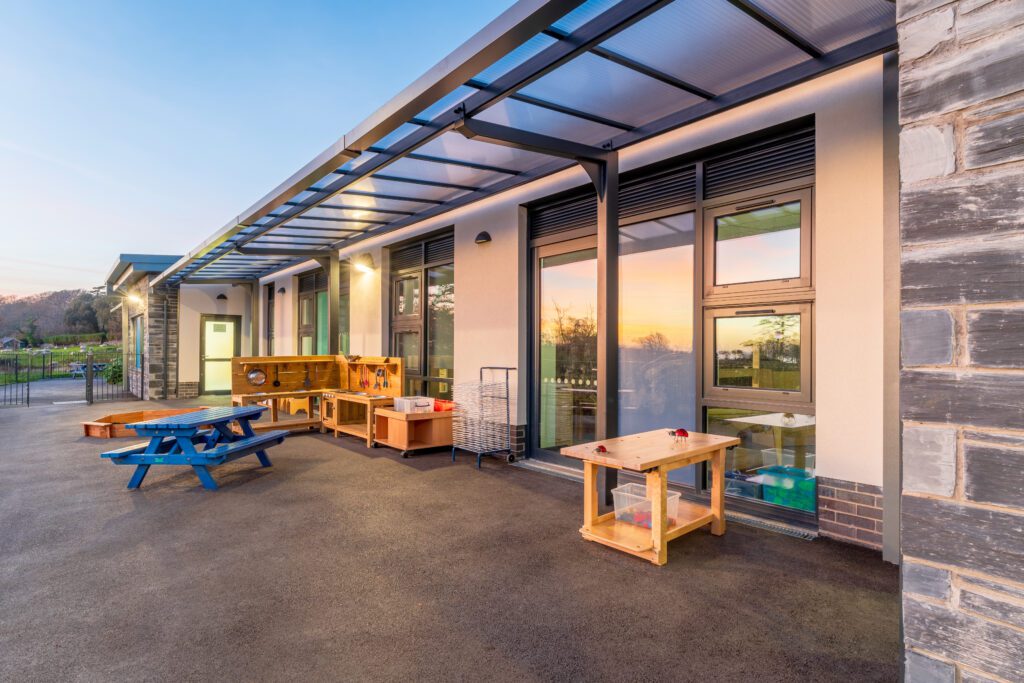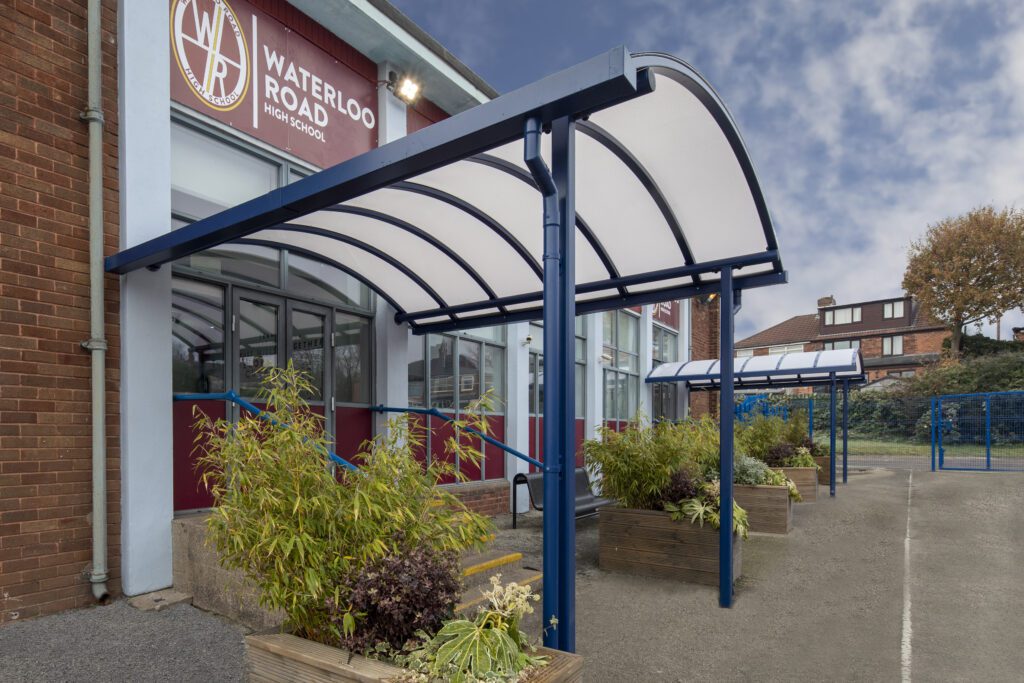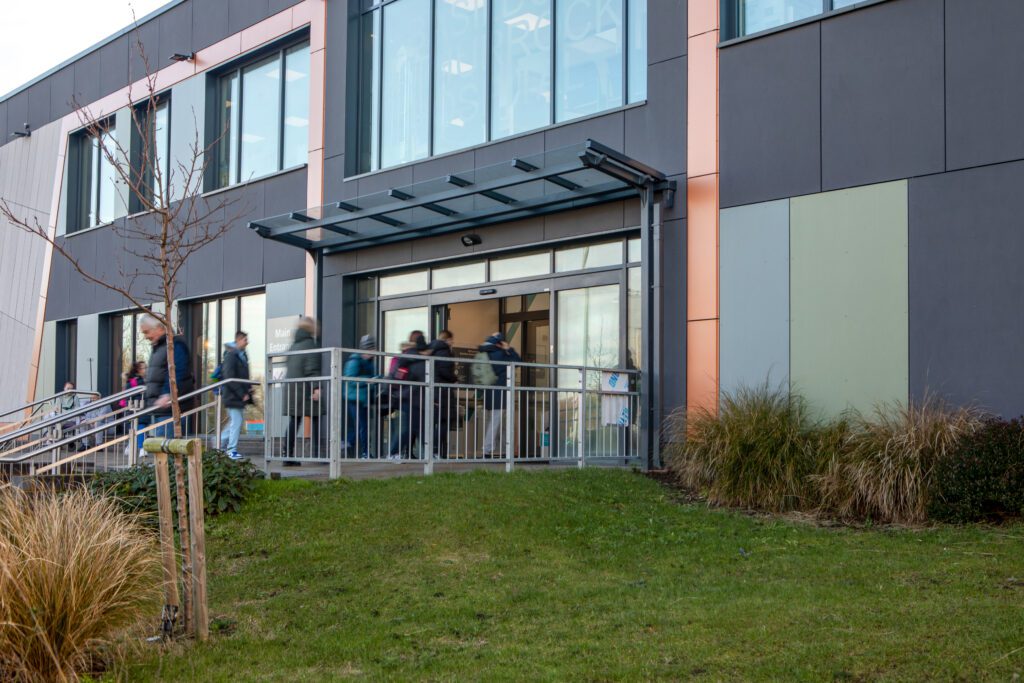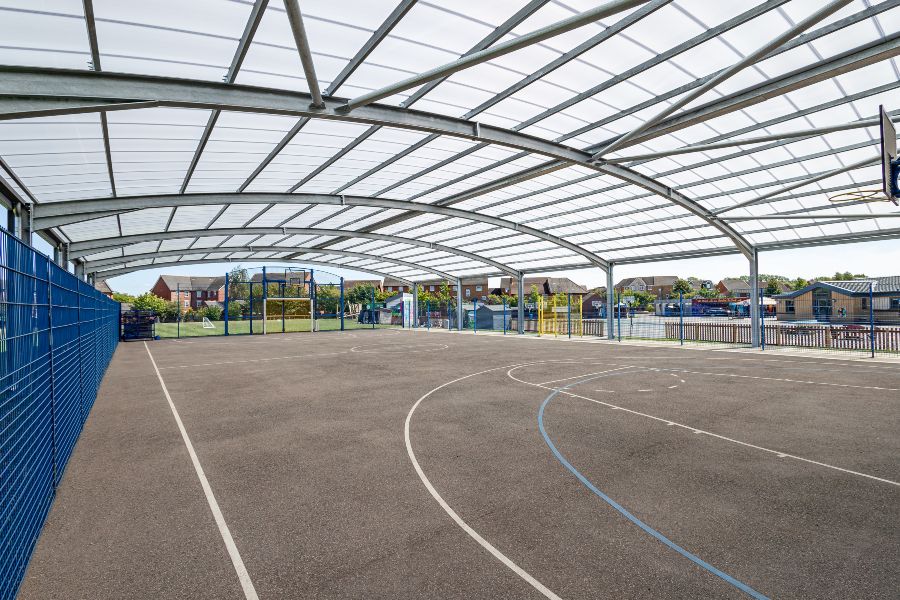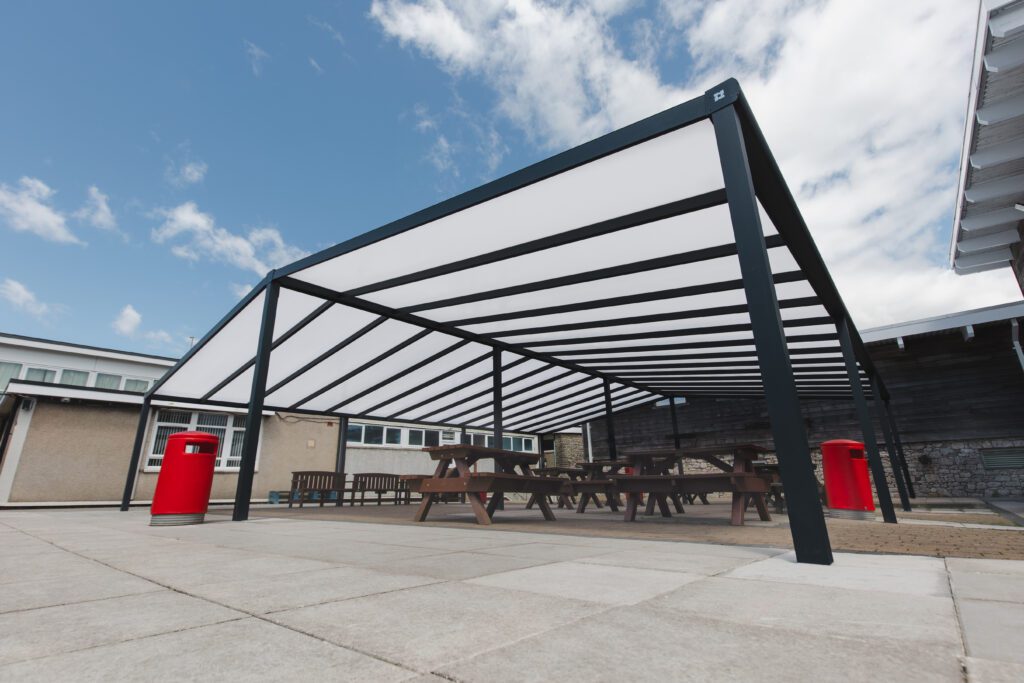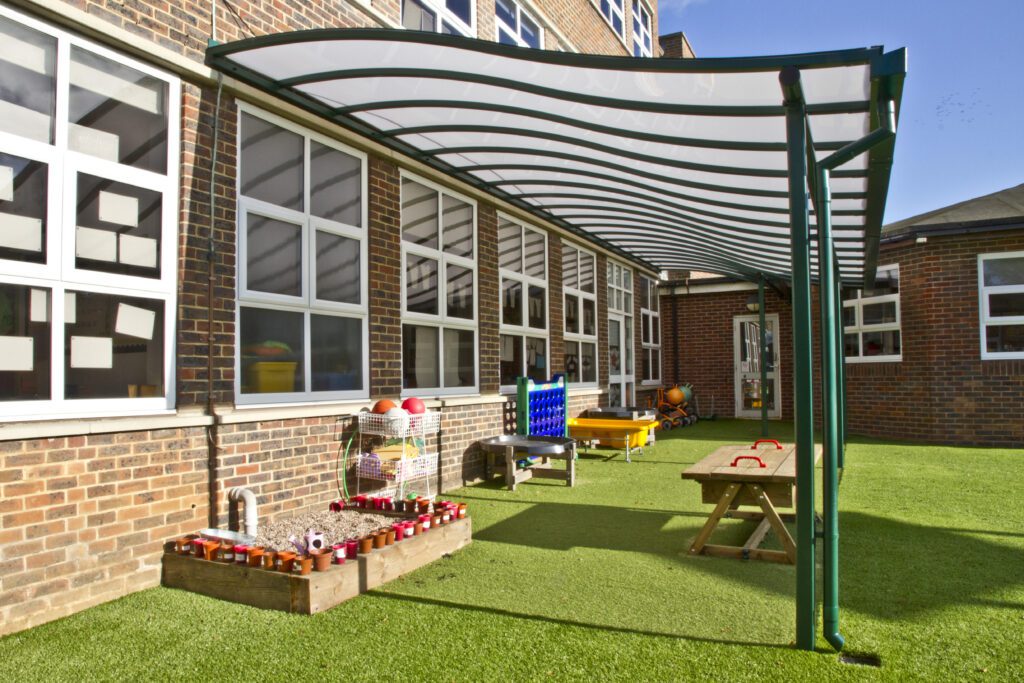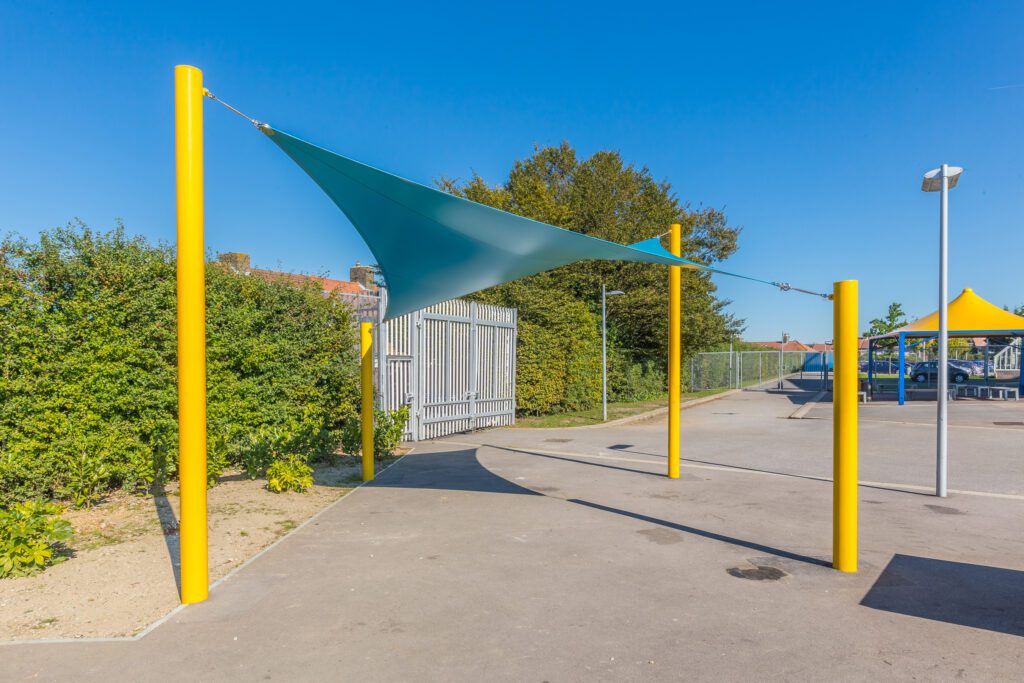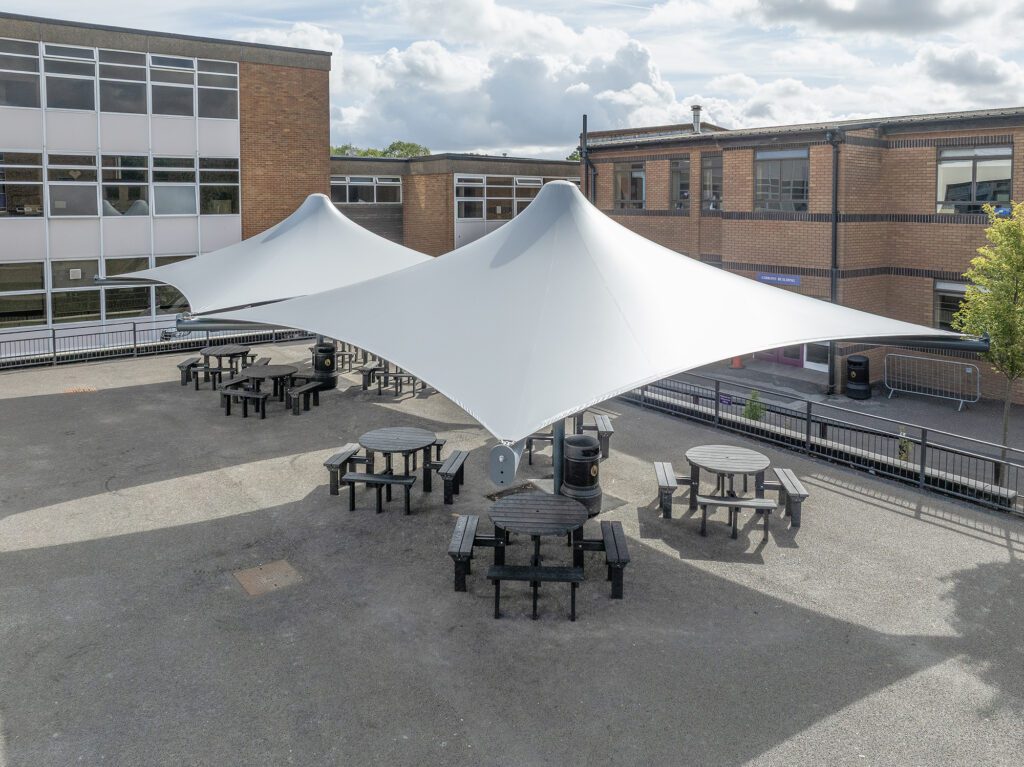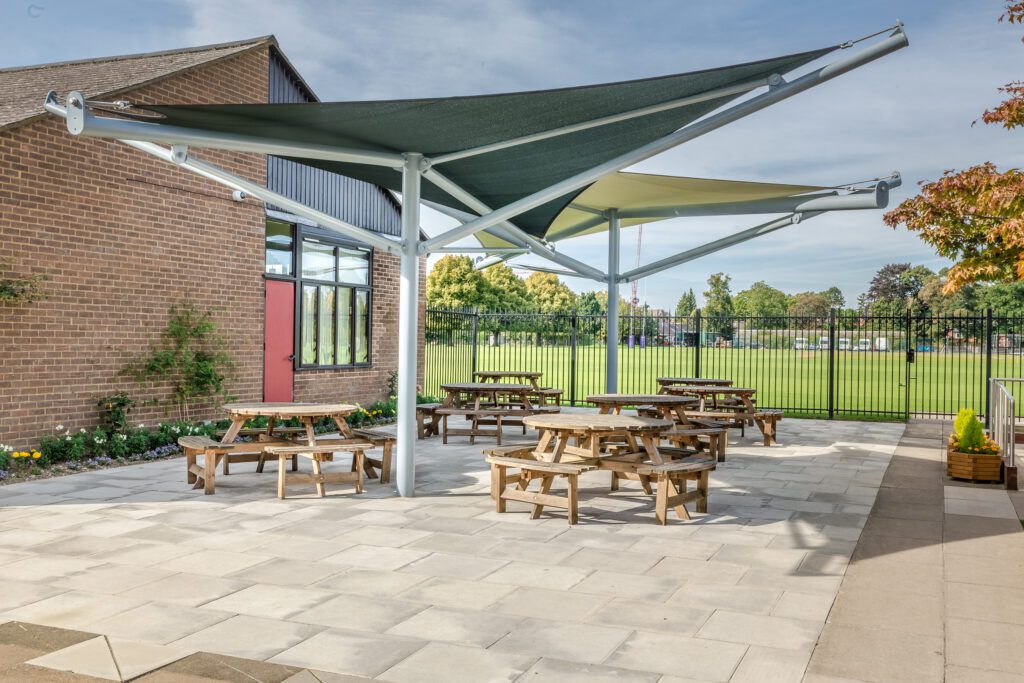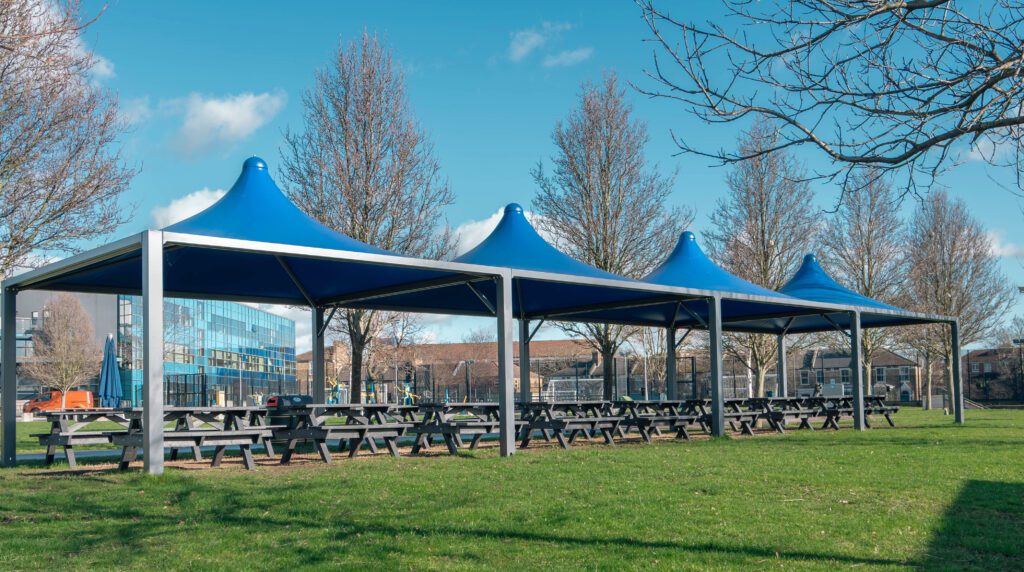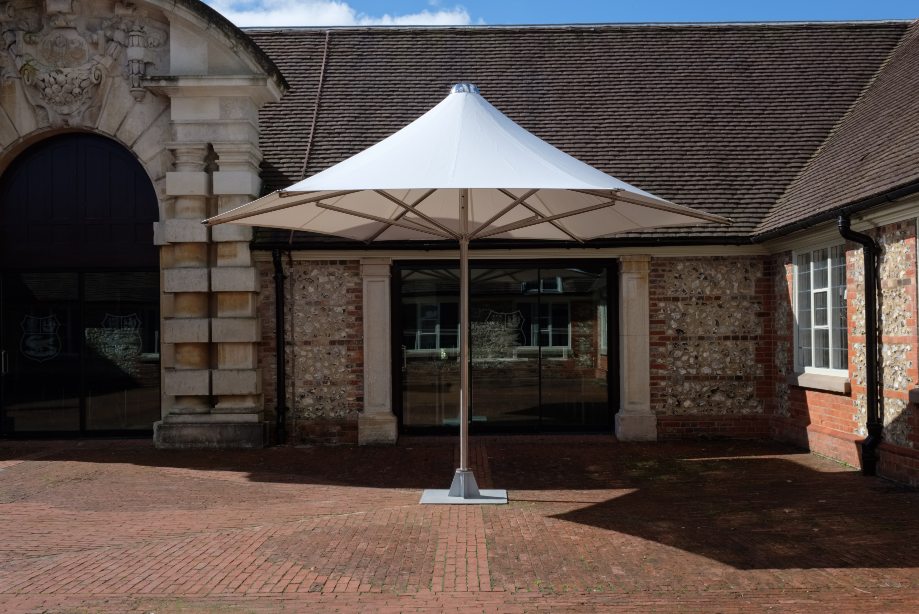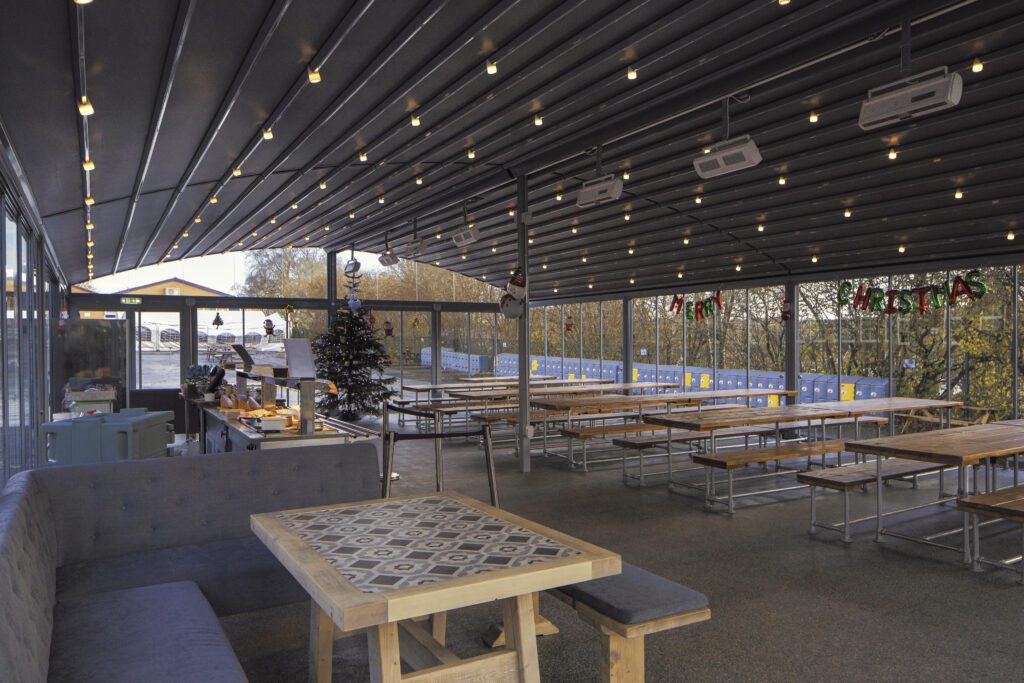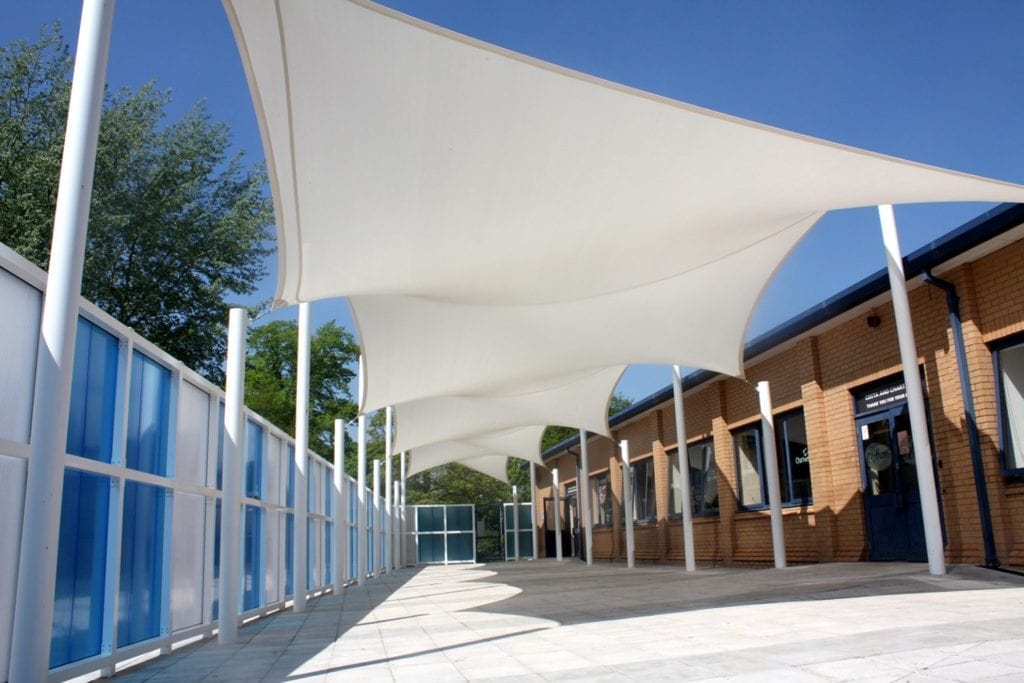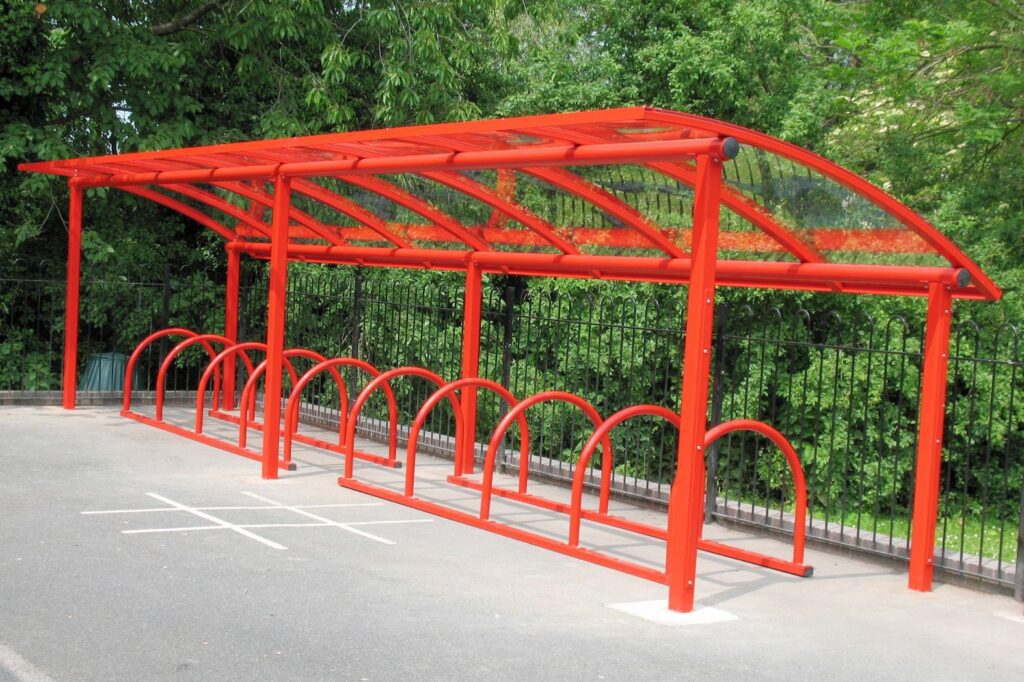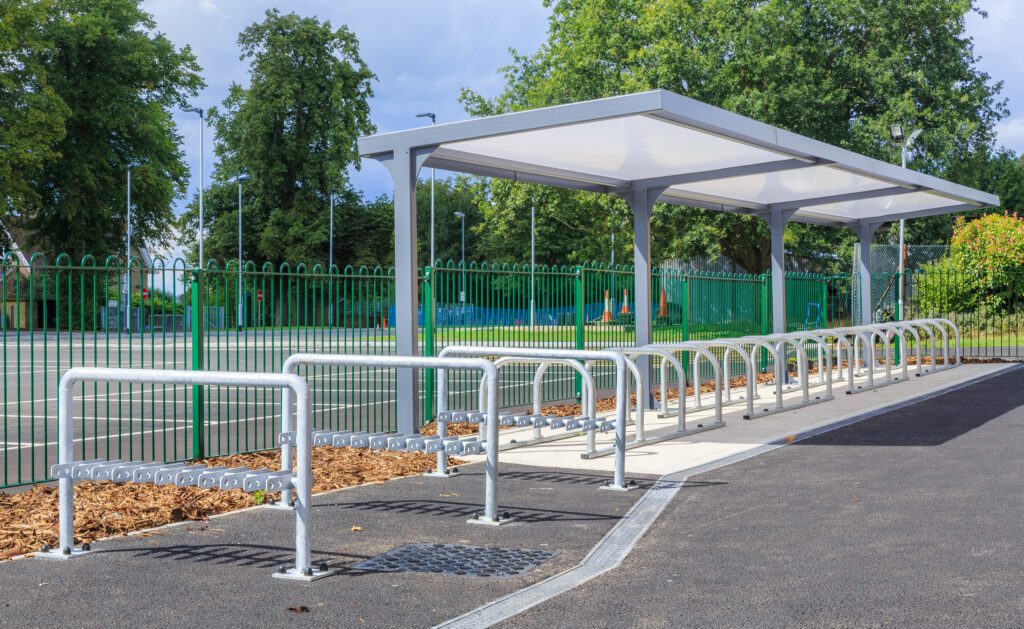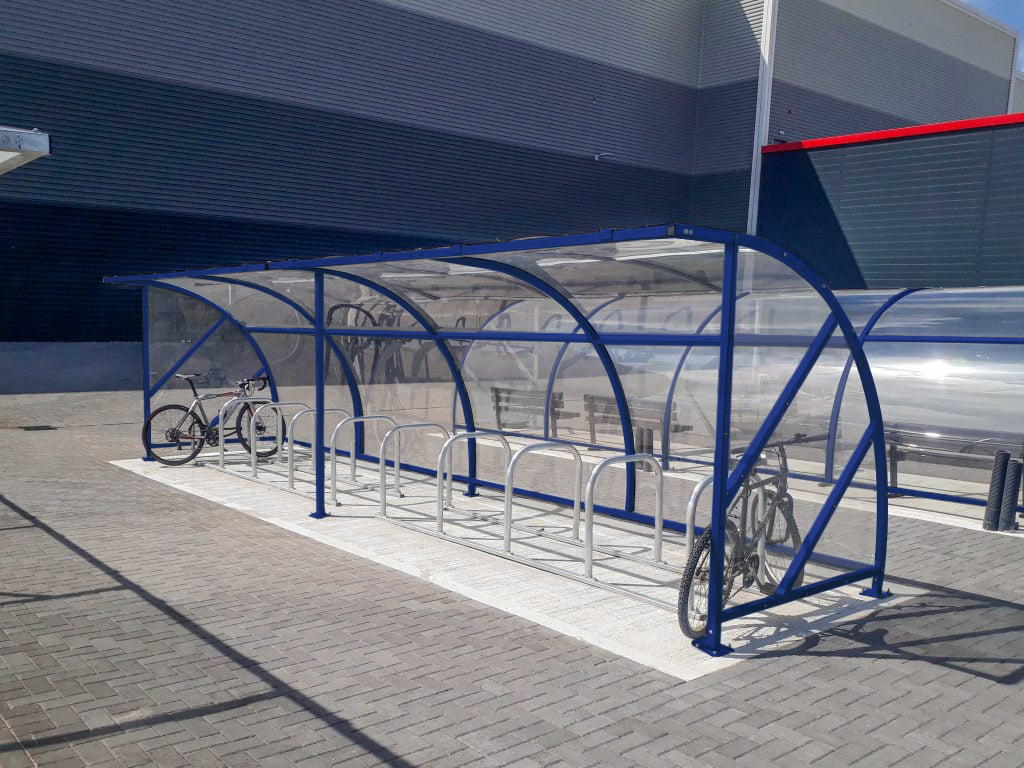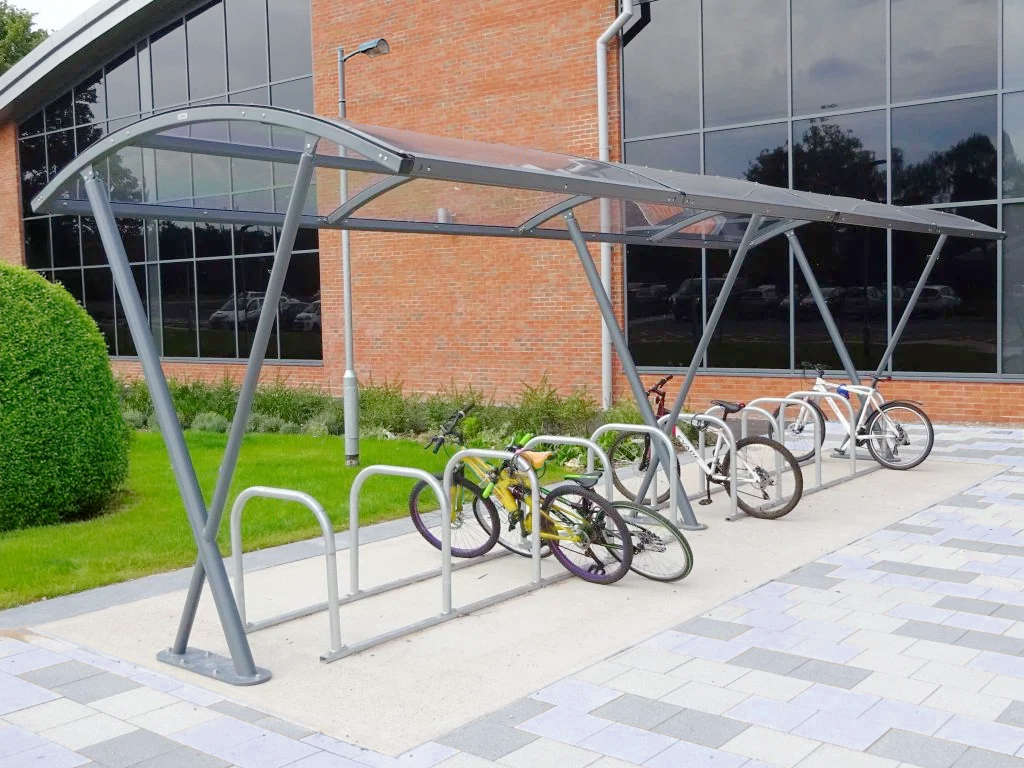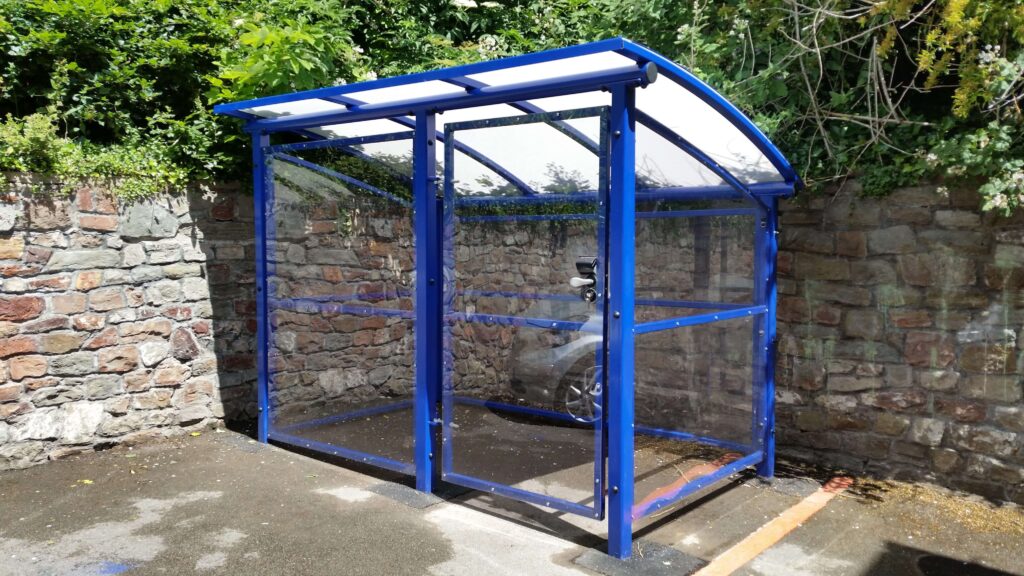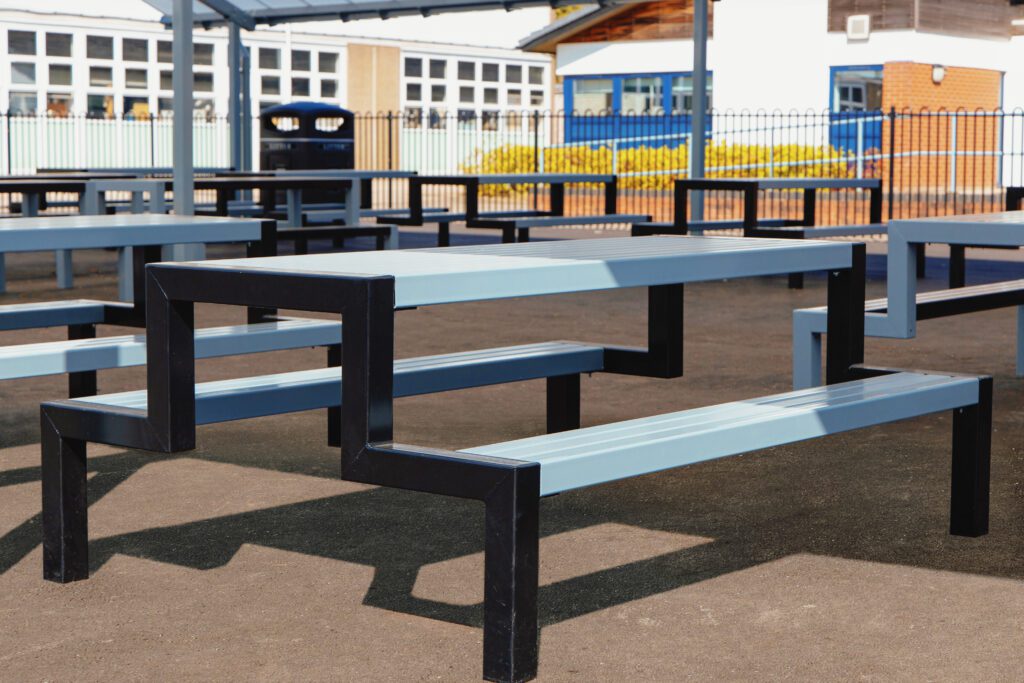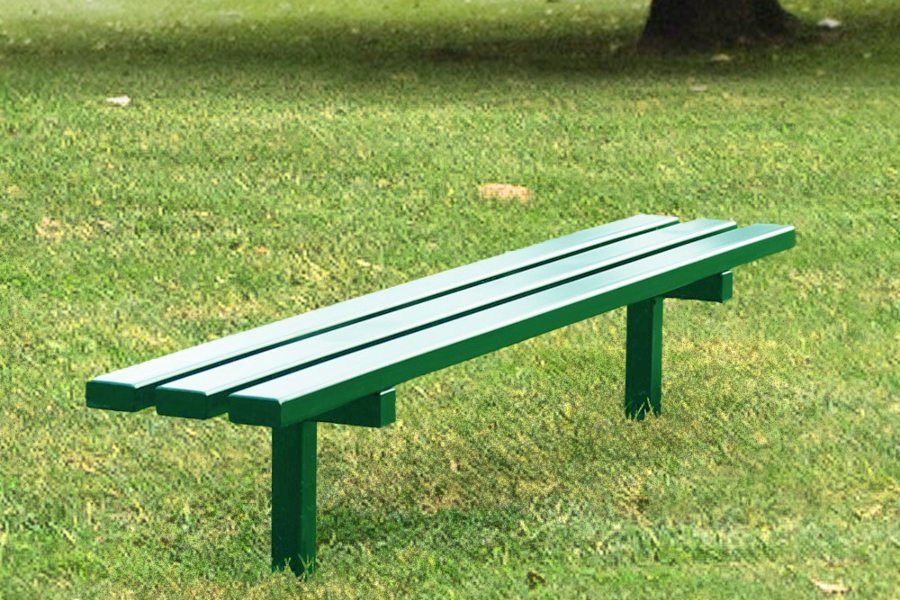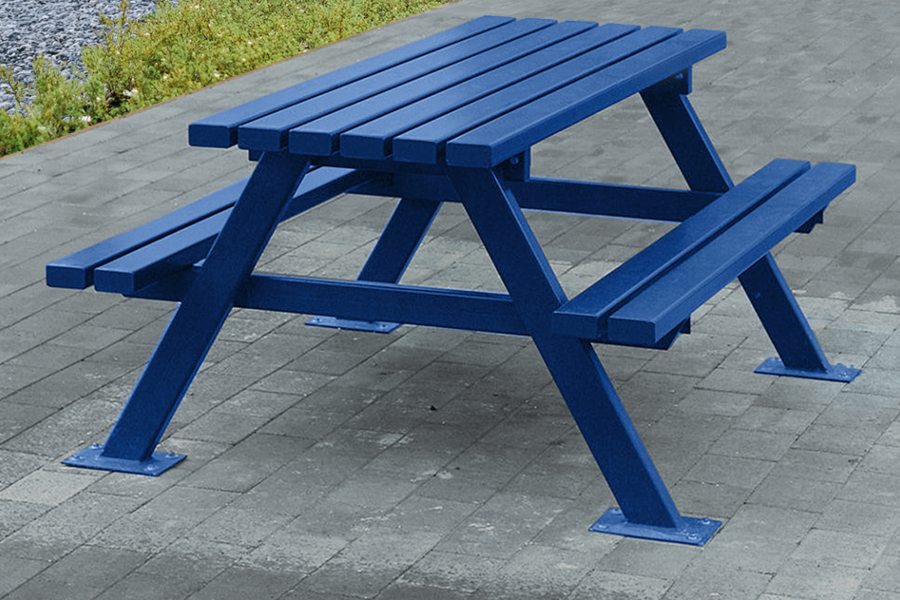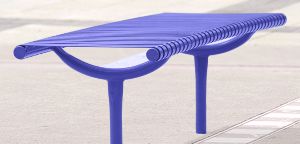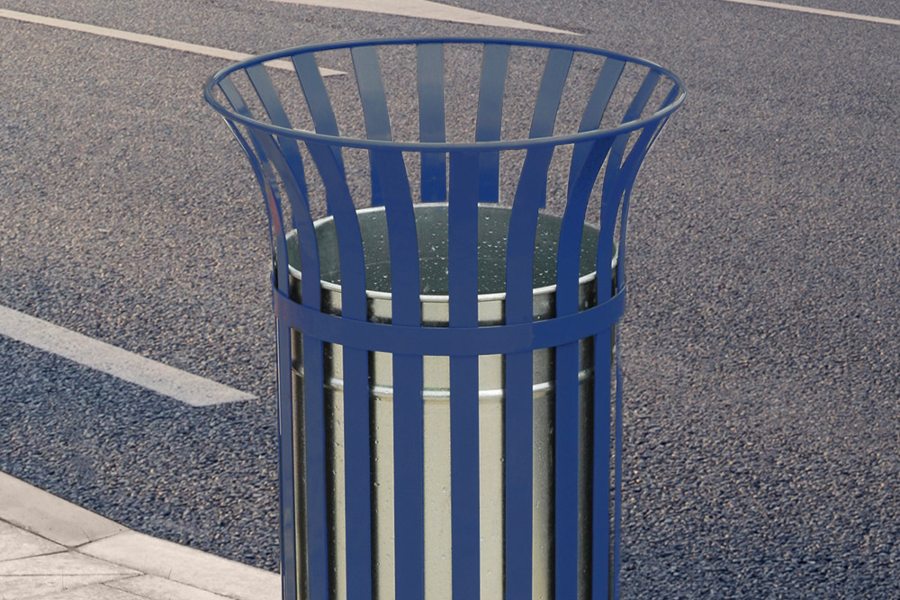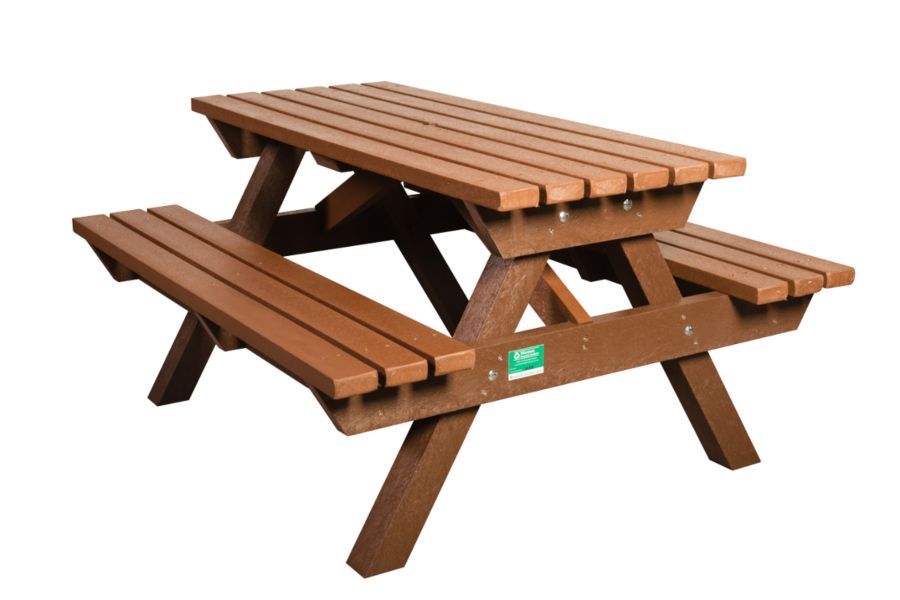More businesses are looking for smart solutions to hit their Net Zero goals. Solar canopies are one solution that offers shelter and generates electricity from a single footprint.
Businesses find this appealing because they can take places like car parks and outdoor spaces and turn them into sources of energy. There’s no change to the original function either. In this example, the car park is still a car park; it just also generates energy.
The UK government is also offering new incentives, and there are planning rules that support green projects. These are encouraging for businesses considering solar canopies in the UK that want to show their dedication to being eco-friendly.
An Overview of the UK Solar Canopy Market
Experts expect the UK solar market to reach 22.88 gigawatts in 2025 while growing by 23.45% each year. This growth shows that there’s a significant change in how businesses are looking at their energy infrastructure.
It’s looking like the UK will install 3 to 3.5 gigawatts of new solar power in 2025, which is a 50% increase from previous years. This makes 2025 one of the strongest years ever for solar power deployment across the country.
There are three main business sectors behind this growth. They include retail chains, logistics companies, and manufacturing businesses.
- Retail chains are seeking to cut their escalating energy bills.
- Logistics companies want to maximise the potential of their extensive warehouses and car parks.
- Manufacturing businesses are interested in improving their energy independence to avoid the volatility of energy market prices.
These organisations are starting to recognise the value of solar canopies for their energy independence. Solar canopies can also be installed more easily on small existing roofs or structures that are unsuitable for conventional installations, like roof panels.
The commercial solar market has already installed approximately 15,000 solar canopies with a total of 3 gigawatts expected across both rooftop and ground-mounted systems.
The solar canopy market is growing fast and offers businesses an incredibly appealing alternative. One of the main reasons for their appeal is that they don’t take up additional ground space. They also don’t require businesses to have to make extensive changes to existing roofs.
The government has introduced more generous Enhanced Capital Allowances for green projects. This allows businesses to offset a significant portion of investments made in solar canopies against their tax liabilities.
Local councils have also offered more accessible planning processes for such sustainable developments. It seems the government and local councils are beginning to recognise the environmental and economic benefits solar canopy installations can have.
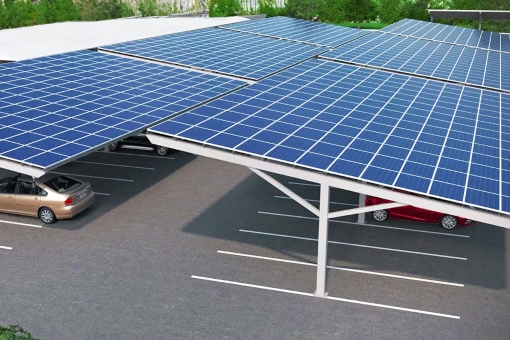
Why Solar Canopies Are Gaining Commercial Traction
Solar canopies offer several attractive benefits to businesses, which have significantly increased the market’s commercial traction. Here are some of the main reasons why solar canopies are becoming more popular among UK businesses:
Multi-Functional Infrastructure
When businesses use solar canopies to generate green energy, outdoor spaces can continue to function as they currently do. Beyond the initial installation, there’s no further disruption to car parks, loading areas, and any other outdoor space on the business premises. This is especially beneficial to businesses operating in areas where land costs are high or space is expensive.
These structures also offer basic shelter and weather protection. This means the vehicle parkers under solar carports in the UK are protected from UV radiation damage, hail, and extreme temperatures.
Long-Term Cost Savings and Energy Independence
Businesses can receive significant ROI from solar canopy installations in 7-10 years due to a reduction in electricity bills. These savings compound over time, allowing businesses to improve their energy independence in the long term by not having to succumb to the price hikes that can come from energy suppliers. Having this level of stability and self-sufficiency as a business is becoming increasingly important in 2025 as energy costs continue to rise.
In addition to savings, businesses can use solar canopies to generate additional revenue. This can be done by selling excess electricity that’s produced back to the grid. This can be done with Power Purchase Agreements, which secure good rates and lead to a potential source of revenue for businesses later down the line.
Enhanced Property Value and Business Assets
Property valuers typically include sustainability when valuing business assets. This means that sustainable developments, such as solar canopies, can increase valuations and perceived asset value.
Businesses that own their building and are thinking about selling or relocating can use their solar canopies as a highly beneficial feature that’s attractive to potential buyers. Interested buyers may see the building as more valuable because they know that they can reduce their electricity costs.
Sustainability
Perhaps the most significant long-term benefit of solar canopy installations is that they reduce a company’s carbon footprint. These systems generate clean electricity throughout their operational lifespan of 25 years or more, preventing thousands of tonnes of carbon dioxide emissions compared to conventional energy sources over their lifetime.
While supporting the UK’s Net Zero goals aligns businesses with national policy objectives, it also helps organisations show genuine corporate responsibility to customers, investors, and employees. Organisations that contribute meaningfully to renewable energy deployment often receive positive recognition from government bodies, industry associations, and environmental groups, enhancing their reputation and market position.
Green building certifications such as BREEAM and LEED award significant points for renewable energy installations, with solar canopies contributing substantially to achieving higher certification levels. These certifications create a virtuous cycle by increasing property values, improving corporate reputation, and potentially providing access to preferential financing arrangements for future projects.
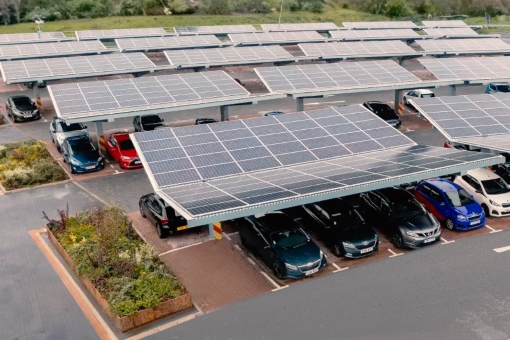
Practical Considerations for UK Businesses Considering Solar Canopies
Organisations need to plan carefully and consider several factors that will influence system performance, overall costs, and regulatory compliance throughout the solar project lifecycle.
Assess Site Suitability
Space requirements vary considerably depending on the desired system capacity and specific local conditions. Although most commercial solar canopies need to cover a large enough area to generate enough energy, and make it worthwhile.
Businesses should also think about the best location to install solar canopies for them to be the most effective. For example, it may not be as effective to install them in an area that is mostly overshadowed by other buildings or even large trees.
Technology and Design Options
Different solar panel technologies offer different performance characteristics and cost profiles. Businesses typically choose between monocrystalline, polycrystalline, and thin-film options based on their specific operational requirements and budget constraints. Modern panels consistently deliver excellent efficiency and reliability, and come with comprehensive warranties that protect long-term performance expectations.
Canopy design variations include cantilever, supported, and hybrid structures that are suitable for different site conditions. Each type also offers varying aesthetic appeal and functional benefits for businesses to consider.
Professional design teams collaborate closely with businesses to develop customised solutions that maximise energy generation while complementing existing architecture and operational needs.
Installation and Maintenance
It’s important to work with experienced contractors who thoroughly understand the unique challenges of solar canopy construction. This goes for the initial installation and ongoing maintenance.
Qualified installers ensure systems meet all relevant safety standards and performance expectations while minimising disruption to ongoing business operations during the construction phase.
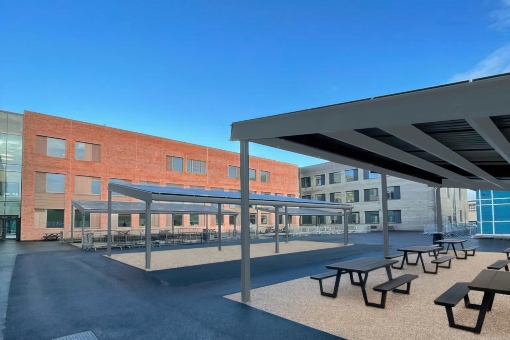
Common Concerns Businesses Need to Address
The upfront costs and whether solar canopies are too complex to manage are some of the common concerns businesses have when considering these installations.
There are several options when it comes to financing solar canopies for a business, other than paying upfront. Solar technology is also now significantly different compared to older systems.
Financing Solar Canopies
Whilst you can purchase solar canopies upfront, financing options are available for organisations of all sizes. Businesses can also use Power Purchase Agreements, where they pay nothing upfront. These arrangements also offer protection against performance problems.
Improved Solar Technology
Many business owners have outdated ideas about solar technology based on old systems that were unreliable. Today’s solar canopies are far more effective and reliable and require less maintenance. Any maintenance that is needed is provided by professional companies that monitor and manage everything themselves. They also typically offer strong guarantees.
The solar industry has grown a lot in recent years. There are now reliable suppliers, proven technology, and experienced installers all across the UK. This means businesses can trust that they’ll get a quality service from installation to ongoing maintenance.
Conclusion
The solar canopy market conditions are improving, and the UK government and local councils are showing their support for businesses looking to go green.
They help businesses generate renewable energy without sacrificing valuable space. Solar canopies can even become a source of revenue for businesses years later, improve their energy independence, and save on electricity. Businesses that install solar canopies now can see a high ROI in the future.
